This article was written by Utkarsh Singh and further updated by Pujari Dharani. This article deals with the case analysis of Kaushal Kishor vs. State of Uttar Pradesh & Ors. (2023), which exhaustively explains the background facts of the case, laws involved in the case, arguments, the detailed judgement with ratio decidendi and the dissent by Justice B.V. Nagarathna. The case deals with questions like the restrictions to Article 19(1)(a), its enforceability against the non-state actors, and the State’s liability for the minister’s derogatory statements, among other things.
Table of Contents
Introduction
It is pertinent to mention a Sanskrit text, which was cited by the Hon’ble Supreme Court of India at the beginning of its judgement. The Sanskrit verse says:
सत्यं ब्रूयात प्रियं ब्रूयान न ब्रूयत सत्यम् अप्रियम् |
प्रियं च नानृतं ब्रूयाद एष धर्मः सनातनः ||
satyam brūyāt priyaṃ brūyān na brūyāt satyam apriyam |
priyaṃ ca nānṛtaṃ brūyād eṣa dharmaḥ sanātanaḥ ||
It means “speak what is true; speak what is pleasing; Do not speak what is unpleasant, even if it is true; And do not say what is pleasing, but untrue; this is the eternal law.”
The Constitution of India grants its citizens certain fundamental rights. One of these is Article 19(1)(a) which guarantees the right to freedom of speech and expression. This right allows citizens to think, speak, and share opinions and information freely. However, certain restrictions have to be imposed on this freedom so that such a speech does not become the cause of anarchy. Article 19(2) lays down the reasonable restrictions that can be imposed on the exercise of this right. The real question that stands here is whether the restrictions mentioned in Article 19(2) are enough to safeguard the rights of the people. Should more restrictions be imposed on this freedom? What if the speech of a person endangers the dignity or privacy of another person? What if such a person, who made a controversial speech, is a public functionary? Can a State be held responsible for such speech and harm caused to the aggrieved party?
In the case of Kaushal Kishor vs. State of Uttar Pradesh (2023), many such significant questions were raised before the Constitutional Bench of the Hon’ble Supreme Court. Let us look into this case to know how the judiciary, regarded as the defender of constitutional rights, dealt with such crucial issues.
Details of the case
Following are the details of the case-
- Case Name- Kaushal Kishor vs. State of Uttar Pradesh & Ors.
- Equivalent Citations– (2023) 4 SCC 1; 2023 INSC 4.
- Court– Supreme Court of India
- Bench– Justice S. Abdul Nazeer, Justice B.R. Gavai, Justice A.S. Bopanna, Justice V. Ramasubramanian, and Justice B.V. Nagarathna.
- Petitioner– Kaushal Kishor
- Counsels who represented the petitioner- Aparajitha Singh, the Senior Advocate (Amicus Curiae); Advocates-on-Record namely Uttara Babbar, Suvidutt M.S., and Manju Jetley; and Advocates namely Shipra Jain, Kaleeswaram Raj, Thulasi K. Raj, Somlagna Biswas, Rishesh Sikarwar, Aman Khullar, Renu Yadav, Samer Jit Singh Chaudhry, Hitesh Kumar Sharma, Akhileshwar Jha, Niharika Dewivedi, E. Vinay Kumar, Amit Kumar Chawla, Nitin Sharma, Ravish Kumar Goyal, Narendra Pal Sharma, Shweta Sand and Mirdula Singh Chauhan.
- Respondents- State of Uttar Pradesh & Others
- Counsels who represented the respondents- Attorney General of India, R. Venkataramani; Solicitor General of India, Tushar Mehta; Additional Solicitor Generals of India namely Balbir Singh and Madhavi Divan; Additional Advocate General, Garima Prasad; Senior Advocate, R. Bala; Advocates-on-Record namely Arvind Kumar Sharma, Mukesh Kumar Maroria, Ajay Vikram Singh, Swarupama Chaturvedi, Pradeep Misra, Abhishek, Lakshmi Raman Singh and Lakshmi N. Kaimal; Advocates namely Naman Tandon, Samarvir Singh, Presenjeet Mohapatra, Rajat Nair, Ankur Talwar, Kanu Agrawal, Anirudh Bhatt, Shyam Gopal, Monica Benjamin, Sujatha Bagadhi, Shraddha Deshmukh, Udai Khanna, Anu S., Mayank Pandey, Vinayak Mehrotra, Chitvan Singhal, Sonali Jain, Abhishek Kumar Pandey, Vikas Bansal, Priyanka Singh, Sharjheel Ahmad, Renjith B. Marar, Arun Poomuli, Ashu Jain and Davesh Kumar Sharma.
- Judgement Date– 3rd January, 2023
Background facts of the case
On 29 July 2016, a young girl and her mother were gang-raped on National Highway 91 in Uttar Pradesh. They travelled from Noida to Shahjahanpur with other family members to attend a relative’s last rites, the said gang robbed cash as well as jewellery which were in their possession. The men that were travelling with them were tied up in the field and beaten harshly. The First Information Report (hereinafter referred to as “FIR”) was registered on 30 July 2016 at the Bulandshahr Police Station for the offences of gang rape under Sections 395, 397 and 376D of the Indian Penal Code, 1860 (hereinafter referred to as “IPC”) read with the Protection of Children from Sexual Offence (POCSO) Act.
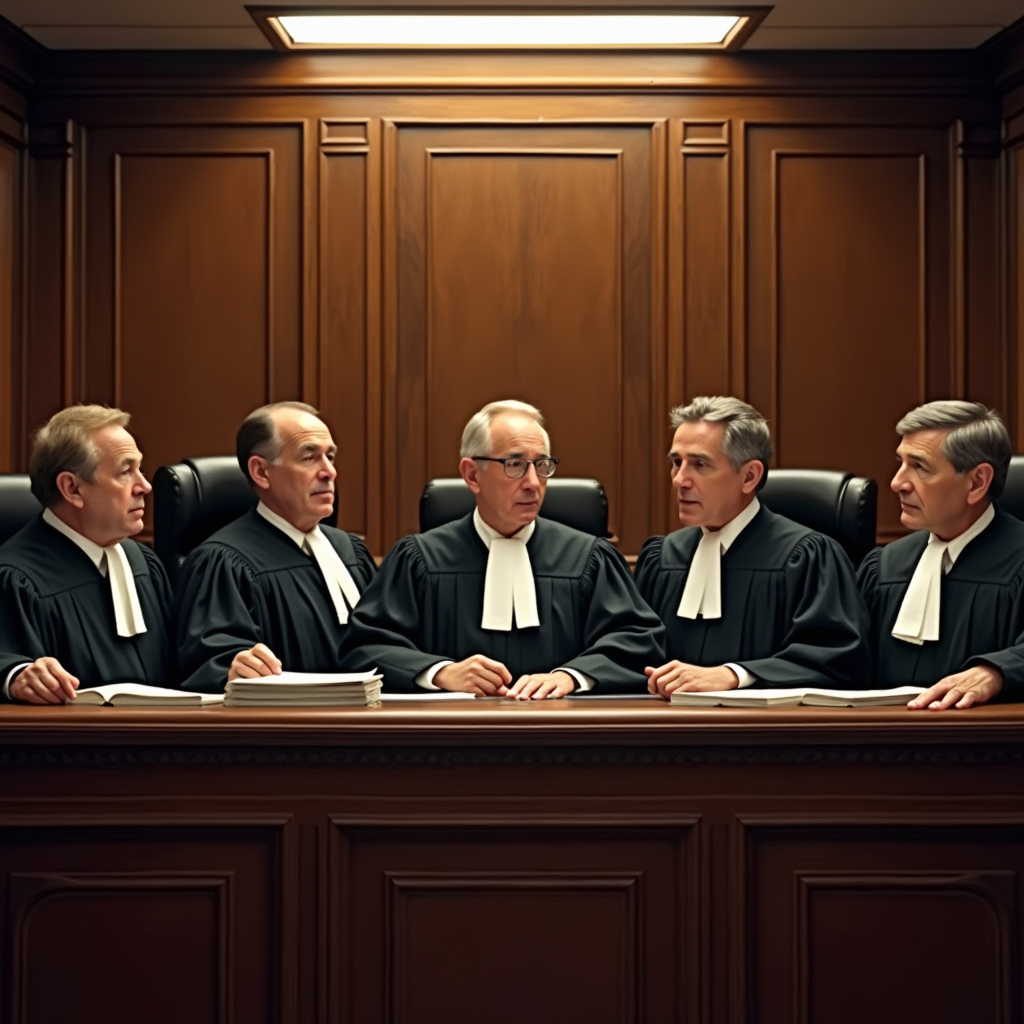
Following this, the media got involved with this incident and it made it to the headlines all over newspapers, television channels and social media. Azam Khan, who was a minister for urban development in Uttar Pradesh, while addressing the public described this alleged gangrape incident as a “political conspiracy” because “elections were near, and the desperate opposition could stoop to any level to defame the government”. Thereafter, an FIR was registered against the said minister under charges Sections 395, 397, 376-D, and 342 of the IPC.
In 2016, a writ petition under Article 32 of the Constitution was filed by the husband and the father of the two gangrape survivors to seek the following relief from the Supreme Court.
- To monitor the criminal investigation of this case by the Central Bureau of Investigation (hereinafter mentioned as “CBI”).
- To conduct the trial proceedings of the said case outside the State of Uttar Pradesh as Azam Khan’s statement spoiled the chance of a fair hearing in that State.
- To register a complaint against Azam Khan for passing such statements which allegedly was outrageous to the modesty of the victims.
They argued that Azam Khan’s public Statement adversely affected the reputation of the victims. Following this petition, the Supreme Court Bench made Azam Khan a respondent to the case. He later presented an unconditional apology before the Supreme Court and offered his sincere remorse to the petitioner.
The court accepted this apology and moved on to consider the larger questions that were involved in the case. The case continued and, by an order dated 5th October 2017, a three-judge bench directed the writ petition to a five-judge constitution bench of the Supreme Court to decide on important questions, i.e., the right to free speech on sensitive matters that are under investigation and whether it offers an individual’s right to a dignified life. This was with respect to the Statement made by the minister. In the 2017 order, the Supreme Court also considered a Special Leave Petition (SLP) from the Kerala High Court. This petition involved two public interest litigations against the Minister for Electricity of the Government of Kerala. The minister had allegedly made derogatory statements against a female principal, a student’s mother, and women labourers at a tea plantation. These petitions were dismissed by a Division Bench of the High Court of Kerala on the ground that the questions are of such a nature that it has no jurisdiction to decide upon the same. Petitioners in this case contended that no official action was taken against the said minister though a public censure was issued by the political party to which he belonged. The petitioner in this SLP sought the Supreme Court to take the following steps.
- To direct the Chief Minister of Kerala to frame a Code of Conduct for the ministers who took the oath before entering into the office as prescribed by the Constitution.
- To direct the Chief Minister of Kerala to take appropriate action if any minister breached what he or she promised in the oath.
- To direct the concerned authorities to take action against the minister for his derogatory statements.
Because a few questions to be decided by the Supreme Court in the said SLP and the writ petition were the same, though the facts and circumstances of the case were different, the Court decided to hear the matter together by tagging them.
Chronological list of events
For a better and more detailed understanding of the background of the case, it is suggested to go through the below table consists of a chronological list of legal developments.
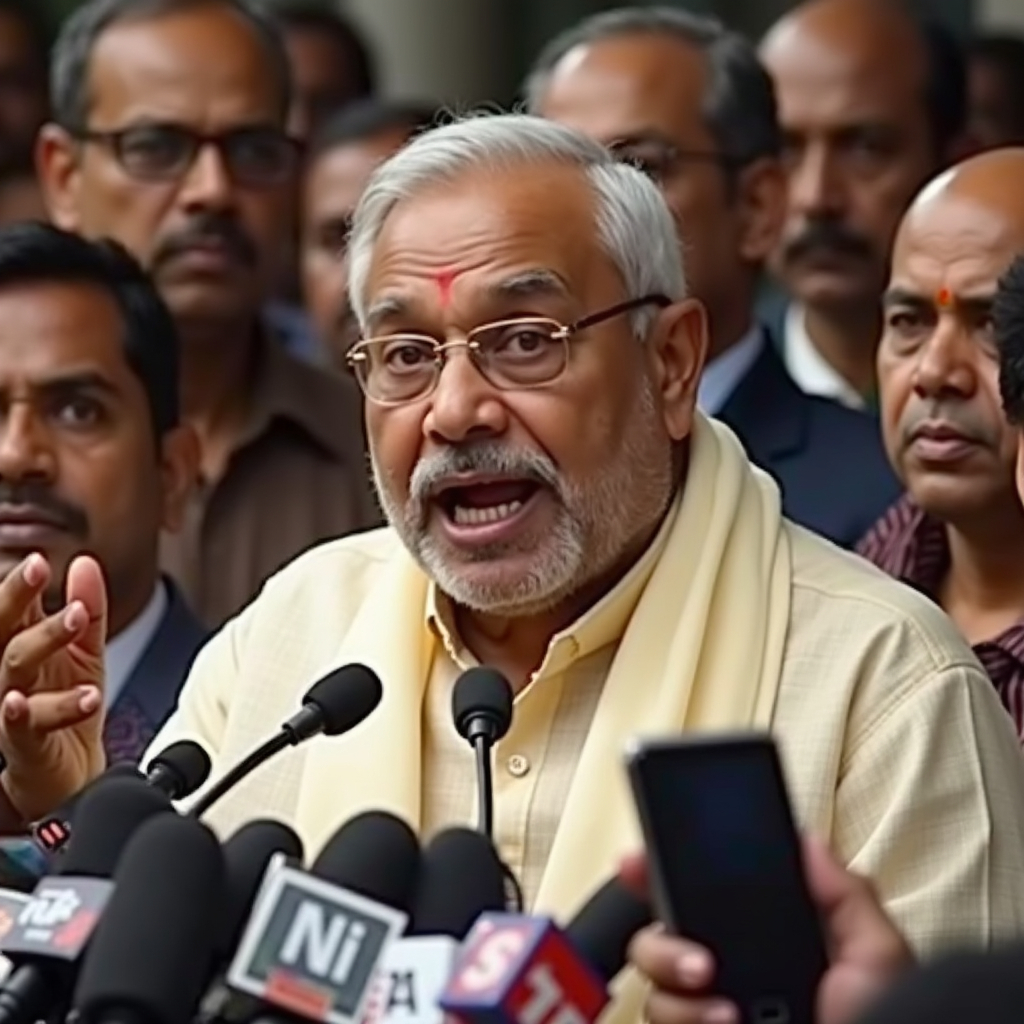
| Date | Event |
|---|---|
| 29th July, 2016 | A minor girl and her mother were gang-raped on the National Highway 91 in Uttar Pradesh. |
| 30th July, 2016 | An FIR was lodged at the Bulandshahr Police Station. |
| 13th August, 2016 | The minor girl in the Bulandshahr gang-rape incident approached the Supreme Court and sought an FIR to be lodged against the minister for making such outrageous statements about her and the incident.The girl also alleged that the police were helping the accused and, hence, prayed to the Court to transfer the case to Delhi and the investigation of this case, which is being conducted by the CBI, be monitored by the Court, as she has no trust the working of the UP Government and is highly being influenced by the minister (Source: Live Law). |
| 12th August, 2016 | The Allahabad High Court directed the CBI to step into this case and start the investigation as it was not satisfied with the investigation conducted by the state police (Source: Live Law). |
| 29th August, 2016 | The Supreme Court Bench consisting of Justice Dipak Misra and Justice U.U. Lalit, on the petition filed by the minor girl, framed questions to be addressed by this Court.The Court passed a stay order against the investigation in this case by the CBI and ordered to transfer of this case to another state.Further, the Court appointed Mr. Fali S. Nariman as amicus curiae to give his assistance to the Court in addressing the questions framed. |
| 8th September, 2016 | The Supreme Court lifted the stay on the CBI probe and allowed them to investigate as per the law. The Court also accepted the request by the CBI to be a party to this case.The Court ordered the Allahabad High Court to stop the proceedings in this case as the entire case was taken up by the Supreme Court (Source: Live Law). |
| 27th September, 2016 | The Supreme Court Bench ordered the CBI to serve notices to the minister asking him to give explanations for his alleged statements on the Bulandshahr gang-rape incident (Source: Live Law). |
| 8th November, 2016 | Azam Khan, the minister in the then Uttar Pradesh Government, denied that he made such alleged controversial statements, i.e., the Bulandshahr gang-rape incident to be a conspiracy by the opponent party in light of the upcoming elections, at a press conference. His denial was presented before the Supreme Court by his lawyer, Mr. Kapil Sibal.The amicus curiae, Mr. Fali S. Nariman, suggested the Court to order the news organisations, who already published articles and reports stating that the minister made such statements, to submit the audio recording of that press conference.The amicus curiae also submitted to the Court a comprehensive report on this case in which he viewed that the minister would be liable under the law of torts by citing the judgements delivered by the Supreme Court of Canada and the Supreme Court of the United Kingdom (Source: Live Law). |
| 17th November, 2016 | The Supreme Court directed the Minister to unconditionally apologise for his controversial statements in an affidavit and gave two weeks of time to submit the said affidavit to the CourtThe Court decided that a woman’s dignity should not be compromised and directed the Uttar Pradesh State Government to admit the minor survivor of the gang rape in the nearby central school of her father’s choice. Not just the admission, but also the fees and expenditures for her education shall be borne by the State Government.The Court also stated that the victims can also obtain the required help from the Central Government.Furthermore, the Court imposed a duty on the school, where the child was admitted, to ensure that her dignity is not tarnished (Source: The Hindu). |
| 6th December, 2016 | The Supreme Court was not satisfied with the apology affidavit of the minister on the grounds that his apology was conditional and, hence, refused to accept the same. The Court found the apology conditional because it states that the minister apologises if the victim has got hurt for his statements, which were claimed to be twisted by the media (Source: Live Law). |
| 16th December, 2016 | The Supreme Court accepted the minister’s fresh apology affidavit. In this regard, the Court cited the relevant paragraph from the said affidavit: “If by any statement made by him, the petitioner has felt insulted or humiliated, then he unconditionally and without reserve expresses his sincere and heartfelt remorse in this regard” (Source: Live Law). |
| 20th April, 2017 | The Supreme Court referred this case, which involves a major question of law, i.e., whether a minister can make such statements which have a great chance of interfering with the then-ongoing investigation, to a Constitutional Bench (Source: Live Law and The Hindu). |
| 5th October, 2017 | The Supreme Court referred to a Constitutional Bench as an issue of formulation of a policy providing a code of conduct for the ministers or any other persons holding public offices as well as prescribing penalties for making controversial statements (Source: Live Law). |
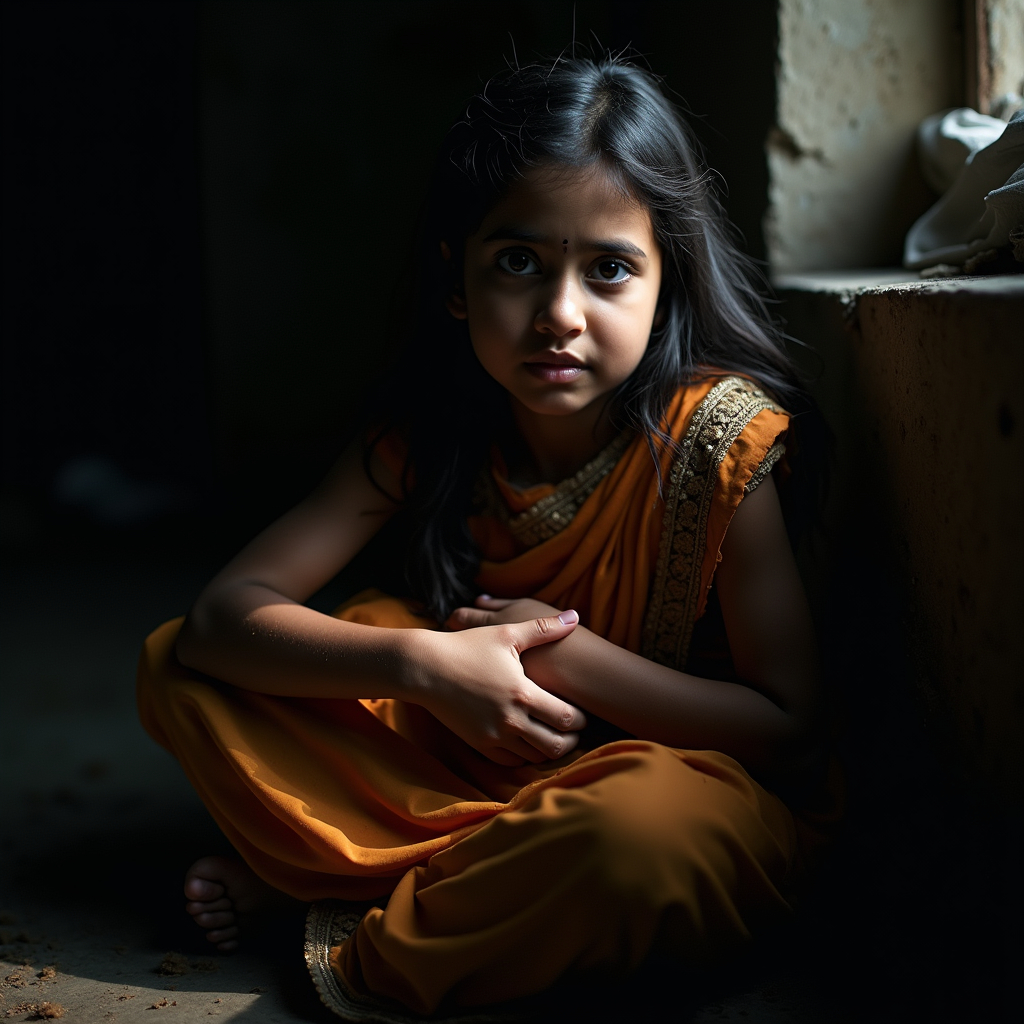
Provisions and concepts involved
The entire case mainly deals with various intricacies of the belowmentioned constitutional provisions and concepts. It would be easier to understand the case if one has basic knowledge about the same. So, let us look into those.
Article 19(1)(a)
This constitutional provision guarantees freedom of speech and expression to every Indian citizen, not to foreigners. This fundamental right is crucial in our country because the absence of it would result in the collapse of the democratic setup. In our country, rulers or the political executive are elected by the people and the essence of democracy lies in the fair conduct of elections by people with informed and wise decisions, which will happen only when there is a free political discussion.
A citizen can express his or her views, convictions, feelings, etc. on any subject matter in any mode of communication like newspaper, social media or even by gestures. The State will ensure that the citizens of this country are not restricted from their free speech. However, such free speech is subject to Article 19(2), which allows the State to impose reasonable restrictions on this freedom under certain circumstances.
For more information about the freedom of speech and expression, please refer to additional resources or legal texts.
Article 19(2)
Every freedom mentioned in Article 19(1) of the Constitution of India has reasonable restrictions and, hence, is not an absolute right. In any modern and organised society, there would not be any absolute rights because it may violate the rights of fellow beings and lack of social control could lead to societal imbalance. Therefore, under Clause (2) of Article 19, the Parliament can impose reasonable restrictions on the freedom of speech and expression on any of the following grounds;
- To maintain the sovereignty and integrity of India;
- To ensure the security of the State;
- To foster friendly relations with the foreign states;
- To uphold public order;
- To uphold decency or morality;
- To prevent contempt of court;
- Defamation; and
- Incitement of an offence.
If any restriction made by the Parliament is questioned before a court of law, the court will adopt the test of reasonable restriction and assess whether it is arbitrary or reasonable.
For more information about the reasonable restrictions, click here.

Article 21
This provision confers to every Indian citizen as well as foreigners the right to life and personal liberty and ensures that it is not violated by executive and legislative actions. However, this right can be deprived if a law dictates so, provided the procedure established by such law should be just, fair and reasonable and should be as per Articles 14 and 19.
Articles 32 and 226
The framers of the Constitution believed that merely granting fundamental rights without providing remedies for their violation would be meaningless. Hence, the right to constitutional remedies is provided under Article 32 of the Constitution as a fundamental right empowering the Supreme Court of India to deal with the cases where remedies for the violation of fundamental rights are sought and issue appropriate writs, directions or orders accordingly. Similarly, Article 226 empowers the High Courts in various states of India to issue writs. Thus, the Supreme Court and High Courts have writ jurisdiction under Articles 32 and 226 respectively.
The principle of collective responsibility
The principle of collective responsibility is the basic principle of a parliamentary form of government. Articles 75(3) and 164(2) of the Constitution embody this principle obligating the council of ministers at the centre and state respectively to be collectively responsible towards their respective legislatures for their general activities relating to any affairs of the State. This means that the council of ministers acts as a team, and every decision they make is considered a joint decision taken by all its members. Though a difference of opinions exists within the cabinet, this principle mandates each member to support all decisions of the cabinet not just in the legislatures, but also requires them to publicly support these joint decisions. This ensures unity and discipline among the council of ministers.
Constitutional tort
When a tortious act is committed by a government or public servant, it is deemed to be a constitutional tort and, in such cases, the State will vicariously be held liable. Certain constitutional provisions, such as Articles 294(b) and 300(1), address the state’s liability for the constitutional torts committed by its employees. Once an action for constitutional tort is commenced, the claimant should prove the tortious acts committed by government employees would result in constitutional tort and, once it is proved, the State will be ordered to pay damages to the claimant.
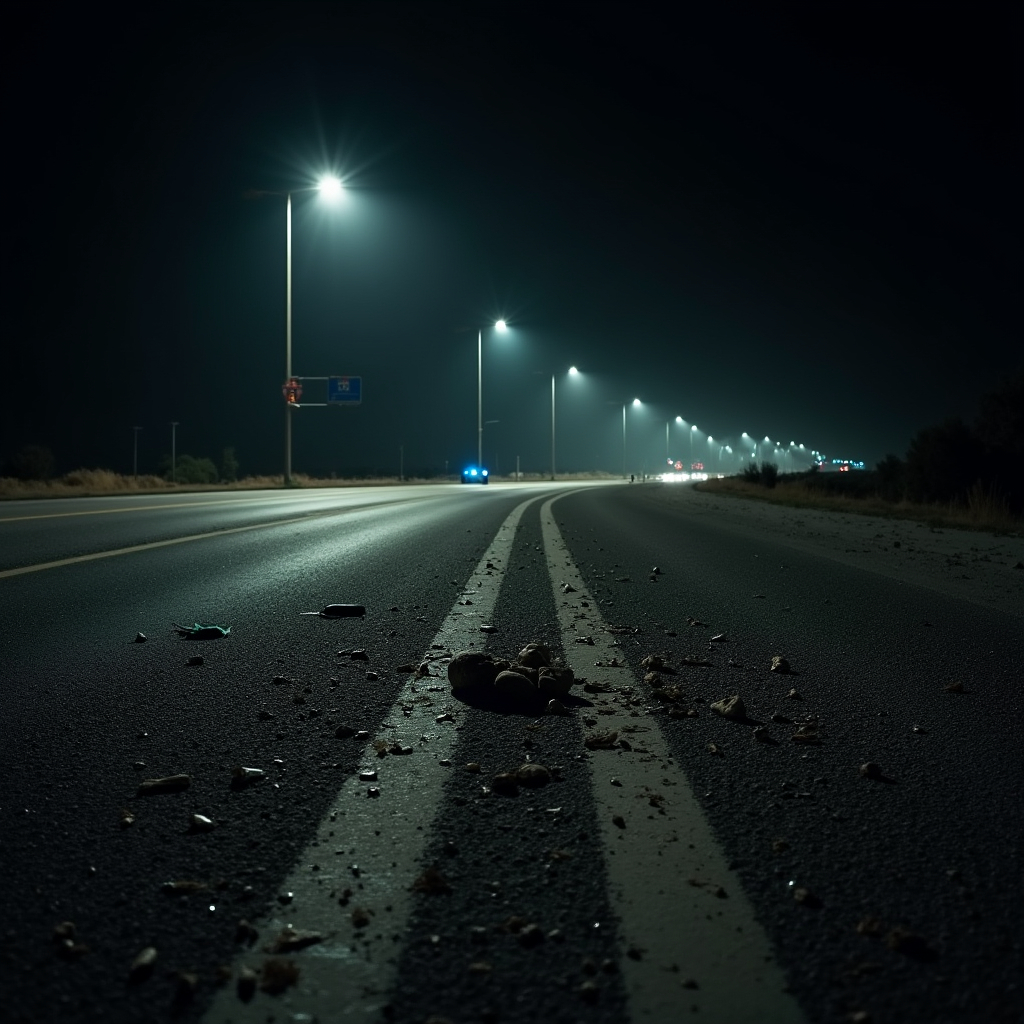
Questions raised in Kaushal Kishor vs. State of Uttar Pradesh & Ors. (2023)
Question No.1 – Whether the Court can impose restrictions on the right to freedom of speech and expression beyond the existing reasonable restrictions provided under Article 19(2) of the Constitution of India by invoking any other fundamental rights.
Question No.2 – Can a fundamental right under Article 19, i.e., the freedom of speech and expression, or Article 21, i.e., the right to life and personal liberty, be enforced against anyone other than the ‘State’ or its instrumentalities?
Question No.3 – Whether the State is under a duty to affirmatively protect the rights of the citizens under Article 21 of the constitution even if it is against a threat to the liberty of the citizen by the acts or omissions of another citizen or private agency.
Question No.4 – Whether the statement of a minister, traceable to any affairs of the State or for protecting the Government, should be attributed vicariously to the government itself, especially by following the principle of collective responsibility.
Question No.5 – Whether a statement made by a minister, which is inconsistent with the rights granted to the citizen under Part III of the Constitution, i.e., the fundamental rights, constitutes a violation of such fundamental rights and is actionable as ‘constitutional tort’.
Arguments presented by both parties
Arguments presented by the petitioner
Submissions by the learned amicus curiae, Ms. Aparajita Singh
Senior Counsel Ms Aparajita Singh acted as amicus curiae and gave her assistance to the Supreme Court for this case. The written submissions for the said questions made by the learned counsel before the Supreme Court are briefed below.
- Question No.1 – The reasonable restriction to the freedom of speech and expression under Article 19(1)(a) is provided under Article 19(2). And, whenever two fundamental rights are in conflict with each other at a particular instance, the courts always try to strike a balance between the two and are successful in enforcing both in a meaningful way. To highlight various instances, the learned counsel cited many cases, including R. Rajagopal vs. State of Tamil Nadu (1994), People’s Union of Civil Liberties (PUCL) vs. Union of India (1996), Sahara India Real Estate Corporation Ltd. vs. Securities and Exchange Board of India (2012), among other cases.
- Question No.2 – Generally, the duty to protect and enforce the fundamental rights is on the State and, therefore, the said rights are enforced by the aggrieved party against the State in case of its violation. It is a good sign that the ambit of the expression “state” as defined under Article 12 of the Constitution is increasing to obligate as many entities as possible to not infringe the citizens’ fundamental rights. However, a few fundamental rights, such as rights under Articles 15(2), 17, 23 and 24 of the Indian Constitution and some inherent rights of Article 21 like the right to a clean environment, can be exercised even against the entities which do not fall under the ambit of Article 12 by virtue of usage of the word “person” instead of the “state” in the said provisions. Nevertheless, it is pertinent to note that, as far as the word “state” is mentioned in any of the provisions of Part III of the Constitution, the State has the constitutional obligation to not only protect citizens’ fundamental rights but also to ensure that even the private persons and entities do not violate them, even if no existing law imposes such obligation on the State. Just because a person or entity, who infringed the fundamental rights of a citizen is a private person or entity, it does not mean that the courts are ignorant of such violation. The learned counsel cited a few instances where private persons were held liable for infringing the citizens’ rights. Cases cited were Bodhisattwa Gautam vs. Ms. Subhra Chakraborty (1995), where the Court resorted to the public law remedy by imposing an interim compensation against the private entities, and M.C. Mehta vs. Kamal Nath & Ors. (1996), where the Court awarded damages to the aggrieved parties whose right to a clean environment was violated by non-state actors.
- Question No.3 – The fundamental rights are both negative as well as positive rights. Those are positive rights because the State is under obligation to protect the rights from being violated or infringed. Such a positive obligation of the State is clearly explained by the Supreme Court in the case of Justice K.S. Puttaswamy vs. Union of India (2018). The State cannot take a defence stating that they are not in a position to implement the fundamental rights due to the reasons which are not in their hands as decided in S. Rangarajan vs. P. Jagjivan Ram (1989). The learned counsel also cited the case of Pt. Parmanand Katara vs. Union of India & Ors. (1989) where the Court held that the doctors in Government hospitals are also obligated to enforce the constitutional duty of the State under Article 21.
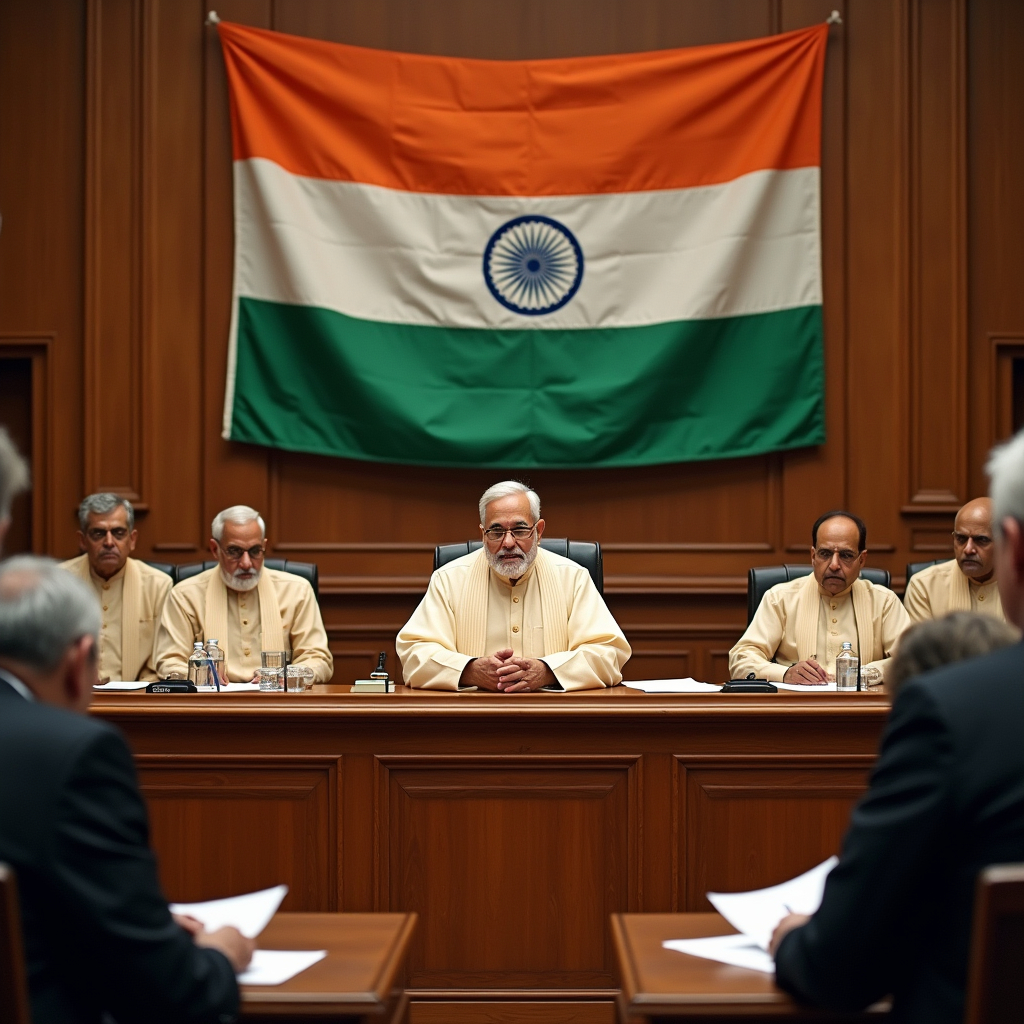
- Question No. 4 – The learned counsel contended that the cabinet minister acts on behalf of the State during their official duty or activities and, thus, the State can be made liable for the acts done by the cabinet minister. The counsel further suggested that it would be unreasonable if the minister, who acts for the State, himself violates the right under Article 21 and is immune from any liability when the State itself is the one who should protect it from being infringed. Furthermore, the counsel stated that the alleged violation should be determined by the court by considering the facts of the case such as when the minister made such an alleged derogatory statement – during personal or official capacity, what kind of matter is the alleged gangrape incident – public or private matter and where did the ministered uttered such statements – private or public place. Stating this, the counsel referred to cases like Amish Devgan vs. Union of India (2020) where the court highlighted the considerable impact and influence of the person holding a government position; in State of Maharashtra & Ors. vs. Sarabgdharsingh Shivdassingh Chavan & Anr. (2010), the State was made responsible for the Chief Minister’s unfair interference with the investigation of a case; the case of Secretary, Jaipur Development Authority, Jaipur vs. Daulat Mal Jain (1996) and Manoj Narula vs. Union of India (2014) clearly explains the constitutional duties of the Ministerial office, though such code of conduct is not enforceable as laid down in R. Sai Bharathi vs. J. Jayalalitha & Ors. (2003). The learned amicus curiae finally argued that the ministers, whether in the centre or state, must act in accordance with the duties of the State prescribed in the Constitution.
- Question No.5 – The State is an imaginary entity and, hence, requires a human agency to function in a society. Therefore, a group of persons, bodies and other instrumentalities constitute a state. Similarly, the State Government is said to function through its cabinet ministers and other public servants. With this analogy, the learned counsel argued that the State would be held liable under the constitutional tort for the wrongs committed by its agencies, including ministers and cannot escape its liability by resorting to the principle of sovereign immunity as it is inapplicable in matters of infringement of fundamental rights of the citizens. In this regard, the counsel referred to cases, Smt. Nilabati Behera alias Lalita Behera (Through the Supreme Court Legal Aid Committee) vs. State of Orissa & Ors. (1993) and Common Cause (A Registered Society) vs. Union of India (2018), where the principle of state liability is discussed.
Submissions presented by the learned counsel Mr. Kaleeswaram Raj
Advocate Kaleeswaram Raj appeared on behalf of the petitioner in the Special Leave Petition and submitted comprehensive written submissions. The submissions made by the learned counsel before the Supreme Court are briefed below.
- The main argument from the petitioner is the formulation of a code of conduct for those political personalities who are holding public offices while exercising the right to freedom of speech and expression to ensure better accountability and transparency in their day-to-day activities as their every utterance will affect the government policy. The Counsel also requested that the code of conduct must be in line with the constitutional morality and norms of good governance. He also argued that, along with a code of conduct, there is a dire need to set up an appropriate mechanism like the ombudsman to be vigilant about the misuse of the said right by public servants. Till such a position is created, the National and State Human Rights Commissions should take proper steps according to the provisions of the Protection of Human Rights Act, 1993.
- Regarding the principle of collective responsibility, the petitioner referred to Articles 75(3) and 164(2) of the Constitution and argued that, though the wording of these provisions conveys that the collective responsibility of the council of ministers should be towards the cabinet and legislature of centre or state, the essence of the provisions is that such responsibility should be towards the general public at large. This makes the aforesaid code of conduct constitutionally justifiable as it is in the best interests of the people. The Counsel also pointed out that such a code of conduct exists in the developed democracies in the world.
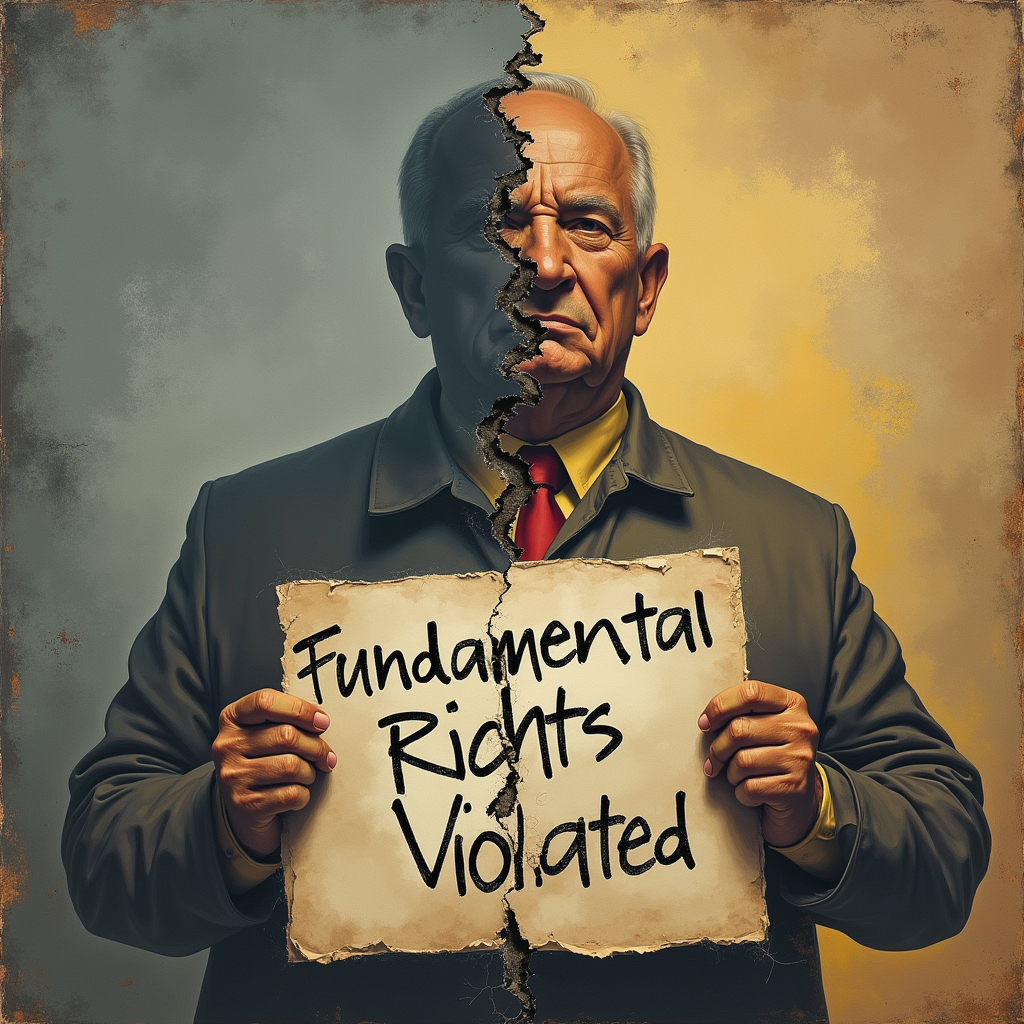
- The petitioner stated that a new restriction cannot be added to the freedom under Article 19 by the court while exercising the interpretation function and referred to the case of Sakal Papers (P) Ltd. & Ors. vs. Union of India (1961), where the Supreme Court held that the freedom of speech can be restricted only in the interest of security of the State, friendly relations with foreign states, public order, decency or morality or concerning contempt of court, defamation or incitement to an offence. Stating this, the petitioner contended that, though a new restriction cannot be inserted into the freedom under Article 19, a code of conduct to regulate the speeches of the public functionaries is a need in the current state of affairs.
- The petitioner stated that the countries in the world are gradually shifting to welfare governance from laissez faire governance because of this the role and responsibility of the State to enforce and protect the fundamental rights is increasing. In many countries like South Africa, Ireland, Canada and Germany, the concept of the horizontal application is followed i.e., the fundamental rights can be exercised not only against the State but also against private persons. Whereas, in India, horizontal application is not followed for all fundamental rights, but only for Articles 15(2), 17, 23 and 24 of the Indian Constitution. However, the Supreme Court issued various writs against private persons under Article 32 in various instances; provided
- Such private persons are performing public functions; or
- Such private persons are performing statutory functions that affect the citizens’ rights.
From this, the petitioner contended that it is evident from many notable cases, including M.C. Mehta vs. Union of India & Ors. (1986), that the Court can exercise its writ jurisdiction against the above-mentioned private persons.
- The counsel for the petitioner also mentioned the increase in hate speeches in India. The Counsel went on to cite the definition of hate speech as provided in the United Nations Strategy and Plan of Action on Hate Speech and the resolution adopted by the European Parliamentary Assembly i.e., the role and responsibilities of political leaders in combating hate speech and intolerance.
- Finally, the petitioner highlighted that there is no conflict between two fundamental rights in the present case. Rather, the question before the Court is whether there can be any constitutionally valid restriction imposed on the ministers and public officers to regulate their speech and expression.
Arguments presented by the respondent
The Attorney General of India, R. Venkataramani, along with the Solicitor General of India, Tushar Mehta, represented the respondent – Union of India. Their brief submissions for the said questions are given below.
- Question No.1 – The Attorney General stated that the existing reasonable restrictions provided under clauses (2) and (6) should always be considered exhaustive and a court has no authority to add more rules or criteria to impose any restriction other than those mentioned in the said clauses, as it is a legislative function. Such a thing cannot be done by the court even with the help of another fundamental right because, in a constitutional scheme, one fundamental right or freedom cannot come into conflict with the other. Although if two fundamental rights are conflicting in a particular case and come before the court to decide which fundamental right is greater or more important to be protected, the court always tries to balance both the fundamental rights and exercise two of them simultaneously.
- Question No.2 – The Attorney General said that, in the Constitution of India, a few fundamental rights can only be exercised against the State and/or its agencies, whereas a few other fundamental rights are available even against persons or bodies other than the State or its agencies such as Articles 15(2), 17, 23 and 24 of the Constitution. Any addition to this arrangement would amount to ‘constitutional change’, which has the effect of endless constitutional litigation. He further said, “Claims against persons other than the State, either through enacted law or otherwise must be confined to constitutionally enacted subjects or matters.”
- Question No.3 – The Attorney General firmly stated that there is no obligation on the part of the court to provide additional protection to the citizen under Article 21 if it is infringed by any person, especially if the citizen adequately has the protections such as constitutional and legal remedies. If a citizen wants to enforce fundamental rights on the grounds of their infringement, the constitutional remedies can be availed by the citizen under Article 32 of the Constitution of India by approaching the Supreme Court of India and Article 226 by approaching the High Courts in India.
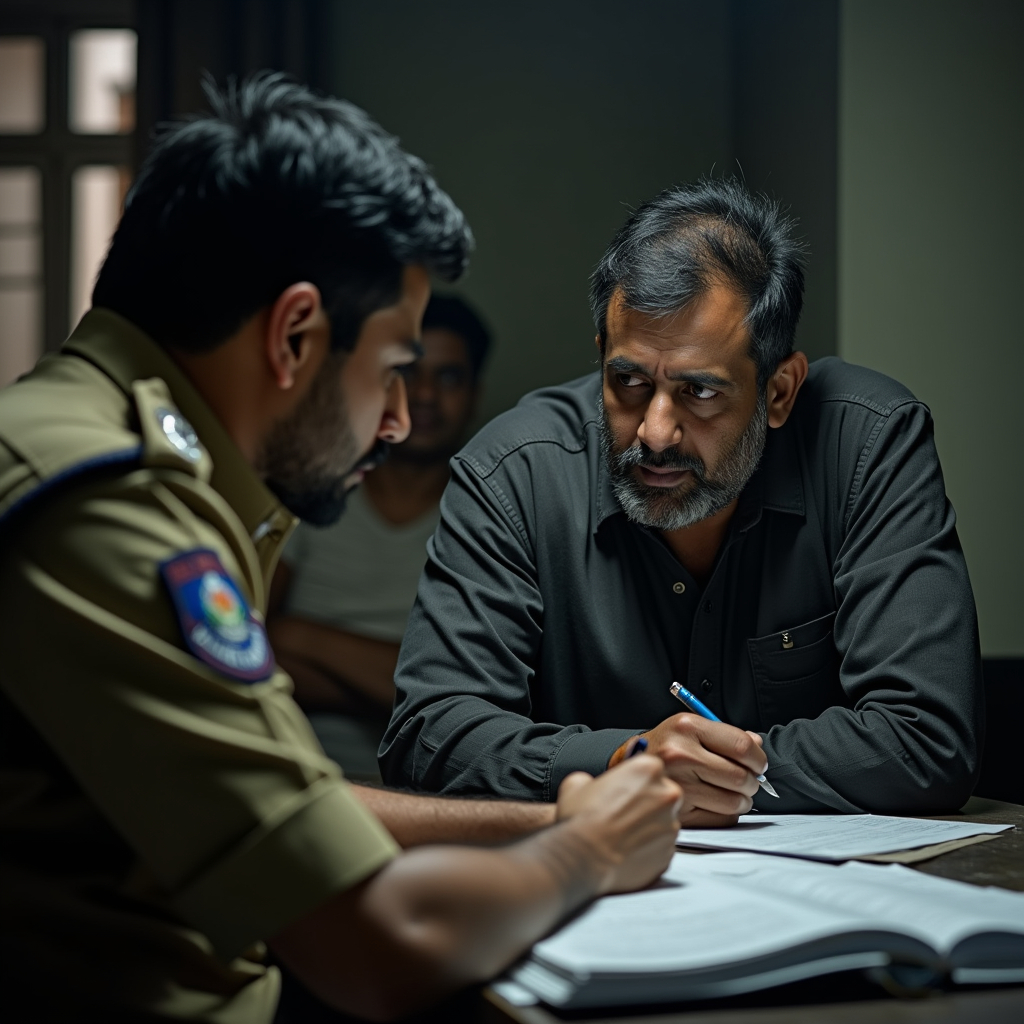
- Question No.4 – The learned Attorney General confirmed that the conduct of the persons holding public offices like ministers is subject to judicial review and the court is allowed to adjudicate upon the same. He further clarified that a punishment can be inflicted upon such persons if the misconduct or malfeasance, including statements, is proved to be committed under the colour of the office and the government cannot vicariously be held liable following the principle of collective responsibility, if the said misconduct is not a statutory violation, i.e., not a breach of public duty and a duty related to the affairs of the State, as the misconduct will be deemed as an individual wrong or violation. The Attorney General noted that the Supreme Court can grant compensation to the persons whose constitutional rights are infringed due to the misconduct of the public officers in cases like Kasturilal Ralia Ram Jain vs. The State of Uttar Pradesh (1964) and Rudul Sah vs. State of Bihar & Anr. (1983) and, further, brought to the notice of the court that there is a need to give a conceptual basis for better clarity and certainty which may be better if given through a statutory enactment.
- Question No.5 – The principle of constitutional tort emerged in the case of Smt. Nilabati Behera alias Lalita Behera (Through the Supreme Court Legal Aid Committee) vs. State of Orissa & Ors. (1993) and was made applicable in various matters to provide constitutional remedies. The Attorney General raised a concern regarding the need to bring an appropriate legal framework so that the principles and procedures are unambiguously provided with no room for vagueness.
Judgement in Kaushal Kishor vs. State of Uttar Pradesh & Ors. (2023)
On 3rd January 2023, a constitution bench comprising Justice S. Abdul Nazeer, Justice B.R. Gavai, Justice A.S. Bopanna, Justice V. Ramasubramanian and Justice B.V. Nagarathna answered all the questions that came before it and clarified all the ambiguity as to the constitutional provisions raised by the parties to the petition. The exact answers given by the Supreme Court for the questions are given below.
| Questions addressed by the Supreme Court | Supreme Court’s holding |
| Whether the Court can impose restrictions on the right to freedom of speech and expression beyond the existing reasonable restrictions provided under Article 19(2) of the Constitution of India by invoking any other fundamental rights. | “The grounds lined up in Article 19(2) for restricting the right to free speech are exhaustive. Under the guise of invoking other fundamental rights or under the guise of two fundamental rights staking a competing claim against each other, additional restrictions not found in Article 19(2), cannot be imposed on the exercise of the right conferred by Article 19(1)(a) upon any individual.” |
| Can a fundamental right under Article 19, i.e., the freedom of speech and expression, or Article 21, i.e., the right to life and personal liberty, be enforced against anyone other than the ‘State’ or its instrumentalities? | “A fundamental right under Article 19/21 can be enforced even against persons other than the State or its instrumentalities.” |
| Whether the State is under a duty to affirmatively protect the rights of the citizens under Article 21 of the constitution even if it is against a threat to the liberty of the citizen by the acts or omissions of another citizen or private agency. | “The State is under a duty to affirmatively protect the rights of a person under Article 21, whenever there is a threat to personal liberty, even by a non-State actor” and “the importance of the right to personal liberty over and above all the other rights guaranteed under Articles 19 and 14 need hardly to be over-emphasized.” |
| Whether the statement of a minister, traceable to any affairs of the State, should be attributed vicariously to the government itself, especially by following the principle of collective responsibility. | “A statement made by a Minister even if traceable to any affairs of the State or for protecting the Government, cannot be attributed vicariously to the Government by invoking the principle of collective responsibility.“ |
| Whether a statement made by a minister, which is inconsistent with the rights granted to the citizen under Part III of the Constitution, i.e., the fundamental rights, constitutes a violation of such fundamental rights and is actionable as ‘constitutional tort’. | “A mere statement made by a Minister, inconsistent with the rights of a citizen under Part III of the Constitution, may not constitute a violation of the constitutional rights and become actionable as Constitutional tort. But if as a consequence of such a statement, any act of omission or commission is done by the officers resulting in harm or loss to a person/citizen, then the same may be actionable as a constitutional tort.” |
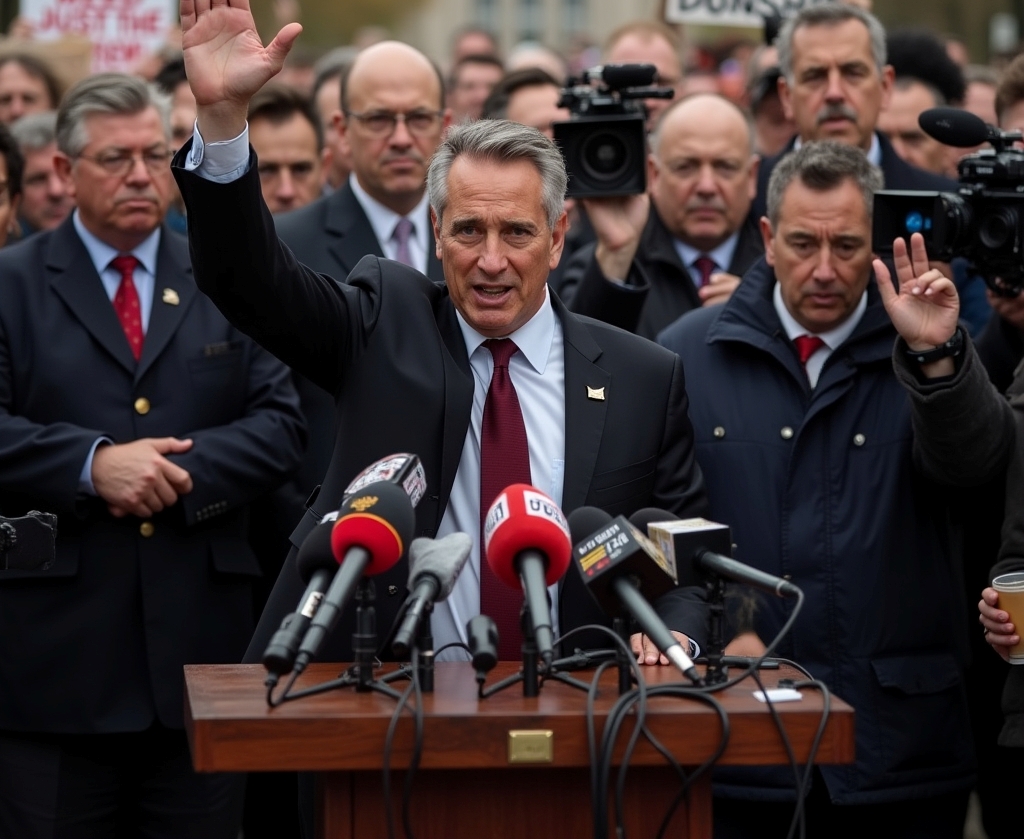
The ratio decidendi of the judgement of the case
Let us look at the issue-wise ratio decidendi of the Supreme Court in delivering such a judgement in the case of Kaushal Kishor vs. State of Uttar Pradesh & Ors. (2023).
Exhaustiveness of the restrictions provided in Article 19(2)
The first question in this case addressed by the Supreme Court is whether the Court can impose restrictions on the right to free speech beyond the existing reasonable restrictions provided under Article 19(2) of the Constitution of India by invoking any other fundamental rights.
Historical evolution of Article 19(2)
Before answering this question, the Court turned back to look into the history of the evolution of Article 19(2) of the Constitution.
Constituent Assembly debates
The Court first discussed the constituent assembly debates as well as the development of Clauses (1) and (2) of Article 19 by looking at various reports and draft constitutions submitted by the Drafting Committee to the President. The relevant draft constitution for the present discussion is the one drafted and submitted in February 1948 (BSR III, 522), where Article 13(2), the present Article 19(2), mentions “any other matter which offends against decency or morality or undermines the authority or foundation of the State” as one of the ground to restrict the free speech.
Cases referred by the Bench
After reviewing the Constituent Assembly debates, the Court examined several landmark judicial decisions by the SC. The cases referred by the court include:-
The Court discussed the case of Romesh Thappar vs. State of Madras (1950). In this case, the respondent argued that a statutory restriction on the circulation of a weekly journal fell under the ‘security of the State’ as outlined in Article 19(2). This restriction was imposed by the Government of Madras under Section 9(1-A) of the Madras Maintenance of Public Order Act, 1949, which aims to ‘secure public safety or maintenance of public order’. The Supreme Court responded that such statutes, which use broad terms like public safety and maintenance of public order as grounds to restrict fundamental rights, cannot be upheld as reasonable restrictions under Article 19(2) because these terms go beyond what the Constitution prescribes. A similar holding was made in the case of Brij Bhushan & Anr. vs. The State of Delhi (1950).
Amendments to Article 19(2)
Following these two landmark decisions, the legislature amended Article 19(2) through the Constitution (First Amendment) Act, 1951. This amendment, which was given retrospective effect, introduced several restrictions, including friendly relations with foreign States, public order, and incitement to an offence. It also added the term ‘reasonable restrictions’, mandating the adoption of a test of reasonableness. This test and the factors to be considered for determining the reasonableness of a restriction were clearly explained by the Supreme Court for the first time in the case of State of Madras vs. V.G. Row (1952).
By exercising the right under Article 19(1)(a), there may be a threat to the sovereignty and integrity of India. This was recognised by the National Integration Council and its committee’s recommendations because of which a new restriction, namely “the sovereignty and integrity of India” was added in Clause (2) of Article 19 by the Constitution (Sixteenth Amendment) Act, 1963.
Whether the restrictions mentioned in Article 19(2) are exhaustive
The first part of question no.1 is whether the reasonable restrictions provided under Article 19(2) are exhaustive or whether any other additional restrictions can be imposed by the State on the freedom of speech and expression.
The Court observed that Clause (2) of Article 19 not only provides restrictions but also saves the existing laws and enables the State to impose restrictions on free speech on the prescribed grounds. The Court noted that the Indian Penal Code, 1860 (hereinafter mentioned as “IPC”), which is an existing law, have many provisions such as Sections 117, 124A, 153A(1)(a), 153B, 171C, 228, 228A, 295A, 298, 351, 354, 354A, 354C, 354D, 354E, 355, 383, 390, 499, 504, 505(1)(b), 505(1)(c) and 509 which curtail the freedom of speech and expression in order to protect the individual persons, the State, courts, certain sections of the society and other entities. The Court also noted that there are many other statutes other than the IPC that impose restrictions on the right under Article 19(1)(a) like the Scheduled Castes and the Scheduled Tribes (Prevention of Atrocities) Act, 1989, the Prevention of Insults to National Honour Act, 1971, etc.
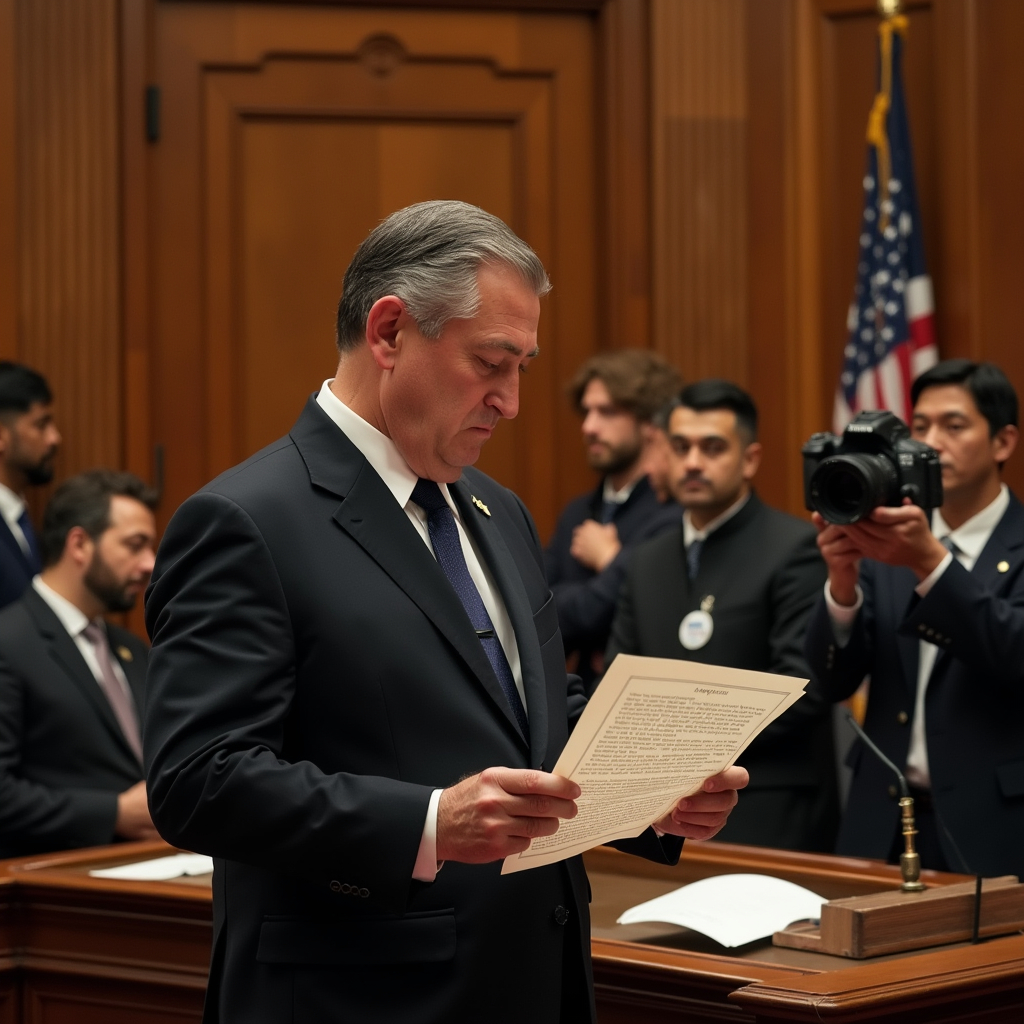
Upon careful review of these statutory provisions, it becomes clear that the restrictions mentioned in Article 19(2) are sufficient to cover all possible threats to society and are therefore exhaustive. This reasoning has already been given by the Supreme Court in previous cases such as Express Newspapers Pvt. Ltd. & Ors. vs. The Union of India & Ors. (1985) and Sakal Papers (P) Ltd. & Ors. vs. Union of India (1961), where the Court affirmly ruled that any restriction imposed by the State on free speech which does not belong to any of the grounds mentioned in Article 19(2) is said to be constitutionally invalid. The Court further highlighted that not only the State but also its agencies cannot inflict any restrictions which are not mentioned in Clause (2) as decided in the case of Bijoe Emmanuel & Ors. vs. State of Kerala & Ors. (1986). The Court stated that even the courts, along with the State and its instrumentalities, are not allowed to widen the scope of Article 19(2) or add more grounds through the power of interpretation. It is apt to mention the Supreme Court’s observation, in this context, in Ram Jethmalani & Ors. vs. Union of India & Ors. (2011). The Court observed: “An argument can be made that this Court can make exceptions under the peculiar circumstances of this case… There is an inherent danger in making exceptions to fundamental principles and rights on the fly. Those exceptions, bit by bit, would then eviscerate the content of the main right itself”.
Furthermore, the Court also pointed out the restrictions on free speech prescribed in various other countries, namely the United Kingdom, the United States of America, Australia, the European Union and the Republic of South Africa, stating that they are very similar to those of India. To check the comparative analysis, see Para 31 of the judgement.
The Court, thus, concluded that the reasonable restrictions provided under Article 19(2) are exhaustive and the competent authority makes laws authorising to imposition of restrictions, which are in line with the grounds mentioned in Clause (2) of Article 19, on the freedom of speech and expression is the State, not the courts. Regarding its authority, the Supreme Court clarified by stating that “the role envisaged in the Constitutional scheme for the Court, is to be a gatekeeper (and a conscience keeper) to check strictly the entry of restrictions, into the temple of fundamental rights. The role of the Court is to protect fundamental rights limited by lawful restrictions and not to protect restrictions and make the rights residual privileges.”
Whether any other new restrictions on free speech be imposed by invoking other fundamental rights
The second part of question no.1 is whether any other new restrictions on the freedom of speech and expression can be imposed on grounds other than those provided in Article 19(2) by invoking other fundamental rights.
The Court said that this question was partly answered in the case of Sakal Papers (P) Ltd. & Ors. v. Union of India (1961). In this case, the Court held that no freedom or fundamental right is greater than another and, hence, the State cannot curtail or restrict one right for the sake of better enjoyment of another fundamental right.
The Supreme Court agreed with the submissions made by the learned amicus curiae regarding the application of the doctrine of balancing fundamental rights. This doctrine is applied by the courts when two or more fundamental rights conflict in a given case, as reflected in various precedents. The Court also noted that the fundamental principle of any law is to declare such a code of conduct where an individual should enjoy his or her fundamental rights in such a way as to ensure that the fundamental rights of other individuals have not been affected. All individuals in a society can peacefully exercise their respective fundamental rights if they sensibly and responsibly act by respecting other citizens’ rights. Indeed, mutual respect, the sense of accommodation and brotherhood are inherent in one of the features of the Preamble of the Constitution i.e., in the word “fraternity”.
Precedents referred
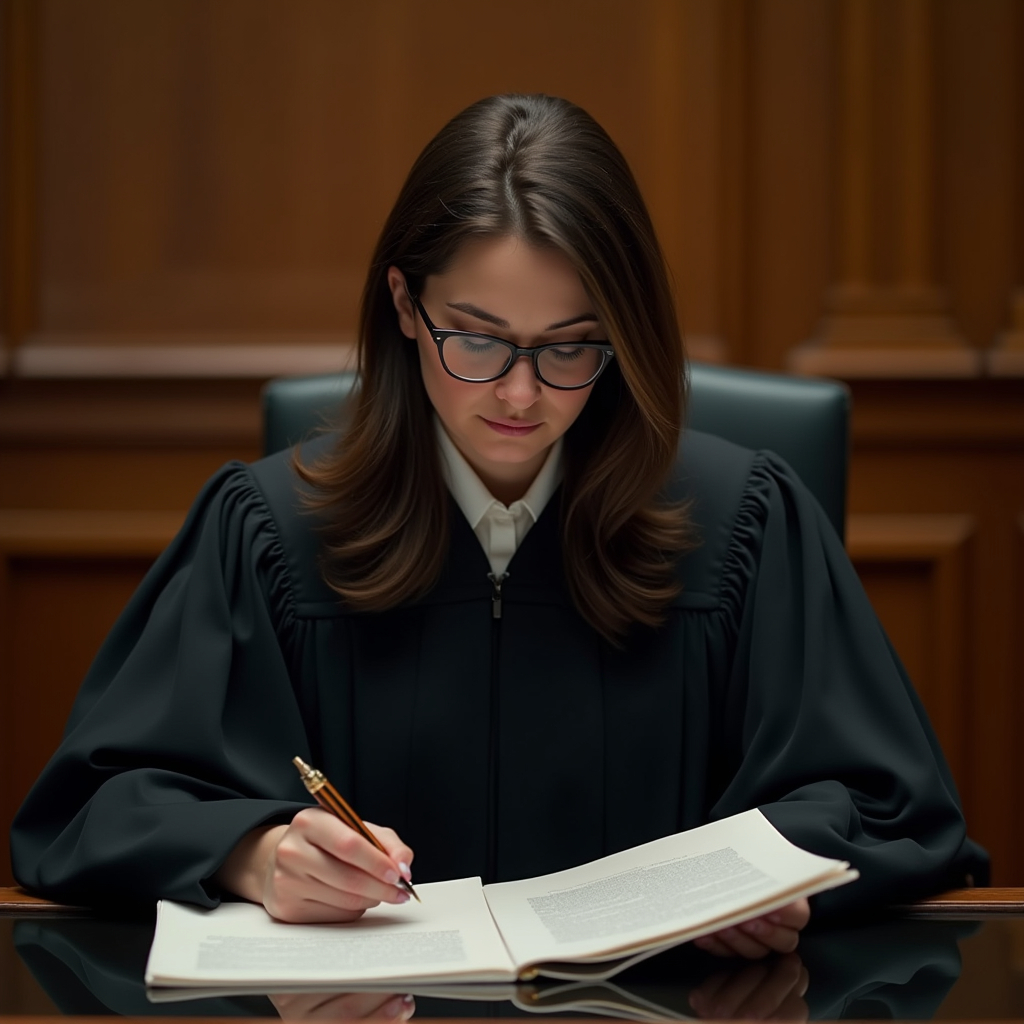
The Court referred to a few precedents where Articles 19(1)(a) and 21 were in conflict and examined the observations made by the Supreme Court in those cases. The cases referred and the court’s observations are given below.
| Case referred | Fundamental rights which are in conflict | Relevant Court/Judge’s observations |
| Rajagopal vs. State of Tamil Nadu (1994) | Freedom of speech and expression under Article 19(1)(a) and the right to privacy of government servants under Article 21 | The Court laid down a general rule that the personal aspects of an individual such as his family, marriage, and procreation, among other aspects, cannot be made public without the individual’s consent. However, there is an exception to this general rule. Any person can comment, whether appreciation or criticism, on any matter which is published as “public records”, which also includes the judgements given by the court. However, if a public record involves the dignity and modesty of women who are victims of sexual offences, kidnapping, abduction, or similar offences, then the media and individuals are restricted from freely discussing such sensitive matters. This is to protect the dignity of these women. |
| People’s Union of Civil Liberties (PUCL) vs. Union of India (1996) | The voters’ right to information under Article 19(1)(a) and the right to privacy of a spouse of an electoral candidate | Justice Venkatarama Reddi expressed the opinion that the right to information should be prioritized, as it serves the broader interests of the public. Consequently, the right to privacy should be considered secondary to the voters’ right to information. |
| Noise Pollution (V.), in Re | Using louspeakers by exercising Article 19(1)(a) and right for an pollution-free environment under Article 21 | Individuals causing noise argued that their actions are protected by the freedom of speech and expression granted under Article 19(1)(a) of the Constitution. However, the court affirmed that this freedom is not absolute. It ruled that individuals cannot create noise, for instance, by using loudspeakers and forcing others to listen to their speech. Such actions violate the neighbours’ right to peacefully enjoy their property and to have an environment free from noise pollution. The Court observed that Article 19(1)(a) cannot defeat Article 21. |
| Ram Jethmalani & Ors. vs. Union of India & Ors. (2011) | The right to know of citizens under Article 19(1)(a) and the right to privacy of foreign bank account holders under Article 21 | The Court observed that, in a democracy, citizens have the right to be informed about the activities of the State, ensuring transparency and accountability. However, this right cannot be exercised against fellow citizens in a way that infringes on their right to privacy. Such infringements can lead to an undesirable social order. |
| Sahara India Real Estate Corporation Ltd. vs. Securities and Exchange Board of India (2012) | Freedom of the press under Article 19(1)(a) and the right to a fair trial under Article 21 | The Court observed that the right to a fair trial under Article 21 is an appropriate restriction on the free speech of people and media. Dealing with the publicity postponement order, the Court held that such an order, for a temporary period, can be passed against the press only in exceptional cases where the administration of justice and fairness of trial will be disturbed if not passed. |
| Thalapplam Service Cooperative Bank Ltd. & Ors. vs. State of Kerala & Ors. (2013) | The right to know of citizens under Article 19(1)(a) and the right to privacy of cooperative bank account holders under Article 21 | The Court held that the privacy of a few individuals cannot be breached as their information did not serve any greater purpose than the public interest. If there is a significant public interest involved, then individuals may be required to disclose information; otherwise, their privacy should be protected. |
| Subramanian Swamy vs. Union of India, Ministry of Law & Ors. (2016) | Freedom of speech and expression under Article 19(1)(a) and the right to dignity and reputation of a fellow person under Article 21 | The Court held that a person is not allowed to enjoy his right to free speech in such a way which tarnishes the reputation of another person because free speech is a qualified right and should be exercised without defaming another. Here, it is to be noted that “defamation” is present in Article 19(2). |
Based on the precedents mentioned earlier, the Supreme Court observed that it is evident that the court will strike a balance when two fundamental rights conflict with any situation and, further, held that the freedom of speech and expression cannot be restricted by involving other fundamental rights which are beyond Article 19(2). Justice B.V. Nagarathna, in her separate opinion, concurred with the majority’s conclusion and the ratio decidendi about the first question.
Enforceability of fundamental rights against non-state actors
The second question considered by the Supreme Court in this case pertains to the enforceability of fundamental rights under Article 19 (freedom of speech and expression) and Article 21 (right to life and personal liberty) against entities other than the ‘State’ or its instrumentalities.
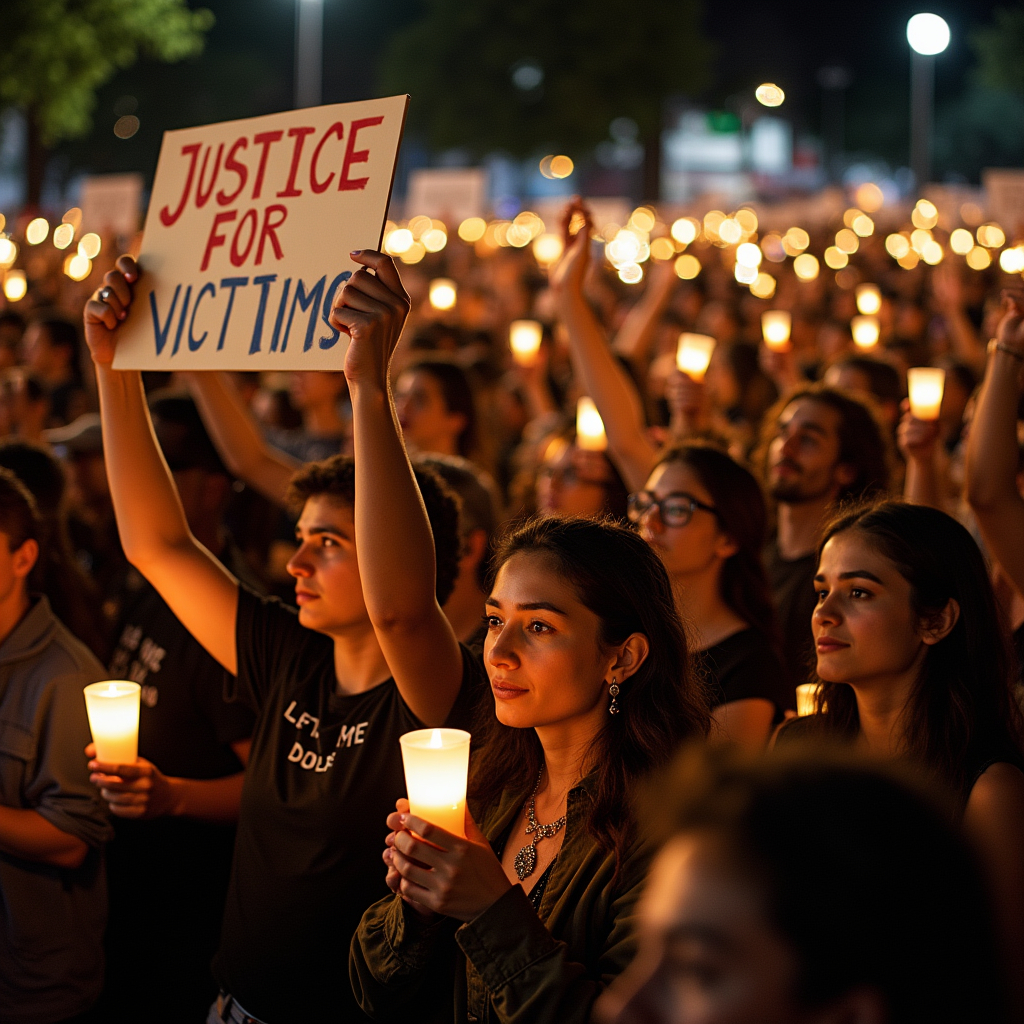
The underlying question as observed in the Court is whether the fundamental rights have vertical or horizontal effects. Before answering the question, the court gave the meaning of these terms stating that every country in this world follows both these approaches, as given under.
- Vertical effect: When a constitutional provision regulates only those dealing where one of the parties is the State and/or its agencies, the provision is said to have a vertical effect of application. This approach gives more emphasis to individual autonomy, choice and privacy.
- Horizontal effect: When a constitutional provision regulates only those dealing where both the parties are private persons or entities, the provision is said to have a horizontal effect of application. This approach aims to maintain constitutional values and sense in every individual.
Position in other countries
The Court analyses various U.S. Supreme Court cases like Jones vs. Alfred H. Mayer Co. (1968) and Shelly vs. Kraemer (1948). In these cases, the U.S. Supreme Court gave more preference to constitutional rights over contractual rights to protect African and Asian Americans from racial discriminative contracts by upholding the Equal Protection Clause of the Fourteenth Amendment of the American Constitution and, thus, binding private persons to follow constitutional obligations. From this analysis, the Court conclude that the U.S.A. also started adopting the horizontal approach.
Whereas, the Irish Supreme Court interpreted that its constitutional rights have a full horizontal approach one such example is John Meskell vs. Córas Iompair Éireann (1973), where the private players are been awarded to compensate an employer for violating their right to form associations and unions.
In the South African Constitution, many rights are conferred on citizens simultaneously obligated every person, not just the State, to not violate the same. The Supreme Court referred to various constitutional provisions and their interpretations made by the Constitutional Court of South Africa, where the fundamental rights of citizens, in case of their violation, are enforced against non-state actors obligating them to not intervene with the rights of fellow people.
Position in India
After examining all the provisions mentioned under Part III of the Constitution, the Supreme Court of India concluded that some of the fundamental rights such as rights under Articles 15(2)(a) and (b), 17, 20(2), 20(3) 21, 23, 24 and 29(2) are enforceable against non-state actors if they are violated.
Precedents referred
The Court referred to a few precedents made by the Supreme Court to understand the evolution of the court’s stance on the enforceability of fundamental rights against non-state actors. The cases referred and the court’s observations are given below.
| Case referred | Issue and the fundamental right(s) in question | Relevant Court/Judge’s observations |
| P.D. Shamdasani vs. Central Bank of India Ltd. (1952) | Petitioner’s shares are sold by the respondent by exercising their right to lien. Petitioner contended that his rights under Article 19(1)(f) and 31(1) are infringed. | Articles 31(1) and 21 shares a common phrase, “except by procedure established by law”. This implies that, if private entities violate these rights, the State is not obliged to follow them and, hence, a writ would not lie in these cases. This view was reiterated in the case of Smt. Vidya Verma vs. Dr. Shiv Narain Verma (1956). |
| Sukhdev Singh & Ors. vs. Bagatram Sardar Singh Raghuvanshi (1975) | Whether Articles 14 and 16 are enforced against a statutory corporation | Justice K.K. Mathew, in his separate but concurring opinion, observed that if a private person’s act of violating others’ rights is not supported by the State, it is not a State action and, hence, the State cannot be liable for the same. |
| People’s Union of Civil Liberties (PUCL) vs. Union of India (1996) | Whether rights under Article 24 be enforced against contractors | The Court held that the State is under a duty to ensure that the contractors are abiding by the constitutional provisions. Because Article 24 is enforceable against every person, the Court decided that these fundamental rights can be enforced against the entire world. |
| S. Rangarajan vs. P. Jagjivan Ram (1989) | The Madras High Court revoked the ‘U’ certificate of a Tamil movie, which was supported by the Tamil Nadu Government on the grounds of the public protests to ban that movie. | The Court expressed surprise at the reasons given by the Tamil Nadu Government and, under the constitutional duty to protect fundamental rights, held that the State shall protect the rights which are conferred upon them with no consideration of the public opinion and their protests. The Court decided that the inability to maintain public order was no excuse. |
| Smt. Nilabati Behera alias Lalita Behera (Through the Supreme Court Legal Aid Committee) vs. State of Orissa & Ors. (1993) | Discussed and distinguished the applicability of the doctrine of sovereign immunity in cases of torts committed by its agencies and infringement of fundamental rights. | Justice Dr A.S. Anand, in his separate but concurring opinion, emphasised the provision of pecuniary compensation and viewed it as a public law remedy rooted in the concept of strict liability. The justice also observed that such compensation, which is usually exemplary damages, sets as a punishment on the wrongdoer and also a liability on the State for failing to perform its public duty of protecting the rights of the people. He further clarified that this public law remedy is available to the aggrieved party in addition to civil and criminal remedies. |
| Lucknow Development Authority vs. M.K. Gupta (1994) | Liability of the State under administrative law | The Court held that the State shall be made accountable by compensating the aggrieved citizens who suffered an injury due to the arbitrary and ultra vires acts of the government of employees |
| Bodhisattwa Gautam vs. Ms. Subhra Chakraborty (1995) | Monthly maintenance by the husband during the pendency of the prosecution | The Court held that this was a case of violation of the woman’s right under Article 21 and, thus, directed the accused husband, a non-state actor, to pay monthly interim compensation to the aggrieved wife |
| M.C. Mehta vs. Kamal Nath & Ors. (1996) | The liability of a club owner, the private person, to compensate for the environmental damage | The Court applied the “polluter pays principle” and “precautionary principle” and ordered the private person to pay the costs to restore the environment to its original condition. |
| Consumer Education & Research Centre & Ors. vs. Union of India & Ors. (1995) | Compensation as a remedy in the exercise of the writ jurisdiction under Article 32 or Article 226 | The Court observed that compensation is the most practical and inexpensive remedy available for the State or its agencies’ act of violation of fundamental rights. |
| Vishaka & Ors. vs. State of Rajasthan & Ors. (1997) | Working women filed a class action petition to enforce their right to gender equality and to prevent sexual harassment towards a working woman in her workplace | The Court set out guidelines to enforce the right to gender equality of working women. Such guidelines are not only obligates the State but also for private employers. The Supreme reiterated its direction in the case of Medha Kotwal Lele & Ors. vs. Union of India (2013) and ordered State functionaries and private and public sector bodies to immediately set up such mechanisms as mandated by Vishaka guidelines. |
| Githa Hariharan (Ms.) & Anr. vs. Reserve Bank of India & Anr. (1999) | The provisions of Section 6(a) of the Hindu Minority and Guardianship Act, 1956 and Section 19(b) of the Guardians and Wards Act, 1890, which confers the father as the natural guardian of their child and the properties in the name of the child, are challenged as the separated mothers faced issues. As per the provisions, the mother will be the natural guardian only “after the father”. | By invoking the mothers’ right to dignity and gender equality under Articles 21 and 14 respectively, after examining various aspects of this issue, including the international conventions, the Supreme Court decided to interpret the word “after” used in the provisions as “in the absence of”. |
| Indian Medical Association vs. Union of India (2011) | Army College of Medical Sciences admits only children of army personnel by conducting an entrance test. Non-army personnel challenged this policy as it is discriminative towards them and violates Article 15. | The Court observed that, when you read Article 15(2), along with Preamble and Articles 14, 15, 16, and 38, it is understood that the educational institutes, though the private body, should manage their institutions in such a way that they do not promote discriminate the classes who are already facing discrimination. |
| Society for Unaided Private Schools of Rajasthan vs. Union of India (2012) | Whether Section 12 of the Right of Children to Free and Compulsory Education Act, 2009, which mandates the public and private schools to allot one-fourth of the seats to marginalised people was constitutionally valid and whether the provision violates Articles 19(1)(g) and 30 of those who had established private schools | The Court held that the said provisions, along with international conventions, obligate the State to not only confer but also protect the rights of children, even against non-state actors, to ensure that there is no infringement of those rights. |
| Jeeja Ghosh & Anr. vs. Union of India & Ors. (2016) | The flight crew disrespectfully instructed the petitioner, who is suffering from cerebral palsy, to get off the flight that belongs to SpiceJet Airline, a private company, due to his disability. | The Court ordered the private Airlines to compensate the petitioner for violating his fundamental rights of dignity, equality, and free movement, among other rights. Furthermore, the Court stated that the Union of India, Respondent 1 in the present case, is under obligation to see that the citizens’ rights are protected and are not violated and ensure that the citizens, especially differently-abled persons, do not face humiliation and discrimination. |
| Zee Telefilms Ltd. & Anr. vs. Union of India & Ors. (2005) | The question of whether BCCI is the State for the sake of enforcing fundamental rights against them is raised in this case. | The Court declared that BCCI did not meet the criteria to be considered a State as per Article 12. Therefore, one cannot enforce fundamental rights under Article 32 against BCCI. Further, the Court provided remedies in case of violation of citizens’ fundamental rights by BCCI, namely by approaching ordinary courts of law or filing a writ petition before the High Court under Article 226. The Court observed that “the violator of a constitutional right could not go scot-free merely because it is not a State.” |
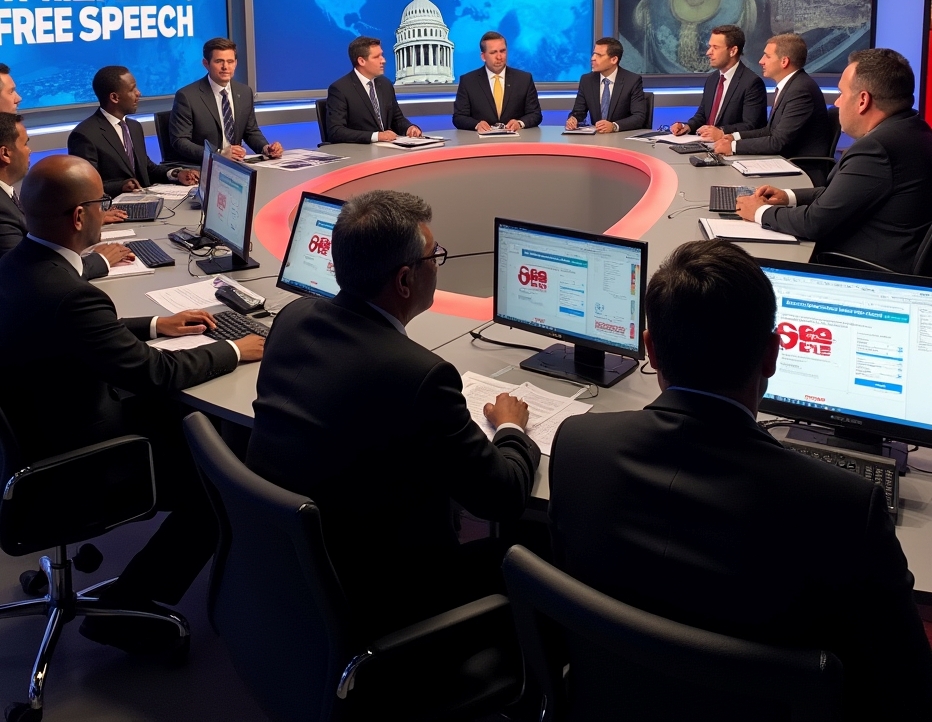
The Court substantially relied on the decision made by the nine-judge Supreme Court Bench in the case of Justice K.S. Puttaswamy vs. Union of India (2018), it stated that there are two kinds of rights, namely common law rights and constitutional rights, including fundamental rights, and interests can be treated as both common law rights and constitutional rights. The Court further ruled that, if the constitutional rights are violated by the State and its agencies, remedies can be sought under Articles 32 and 226; if the violator is a private person or body other than the State, a common law action would lie in an ordinary court of law.
Finally, in response to the second question, the Supreme Court stated that part of the answer to this question is found in the K.S. Puttaswamy case. The Court’s final answer was that “a fundamental right under Article 19/21 can be enforced even against persons other than the State or its instrumentalities.”
The obligation of the State to protect Article 21 over Article 19
The third question considered by the Supreme Court is whether the State is under a duty to affirmatively protect the rights of the persons under Article 21 of the constitution even if it is against a threat to the liberty of the citizen by the acts or omissions of another citizen or private agency.
The Court noted that the expression “State” is not mentioned in Article 21; it just says “No person shall be deprived of his life or personal liberty”. This implies that the State is responsible for ensuring that this right, as outlined in Article 12, is not violated for any person unless it aligns with the procedure established by law. At the beginning of our independence, the essential services which involve one’s right to life are only provided by the State alone. But, now, even private players are allowed to provide such services to the public. Additionally, inherent rights under broader rights, such as the ‘right to life’ under Article 21, have expanded over time due to court interpretations and precedents. These changes led the courts to modify the test or the deciding elements for allowing a writ petition. Initially, the test was to identify who the respondent is- if the respondent is the State, the writ petition is maintained; otherwise, it is dismissed. But, now, the test followed by the court to see whether a writ petition is maintainable or not is to check the functions or duties the respondent was performing and its effect on the people’s rights.
The Court decided to firstly examine the concept of personal liberty as contemplated by Article 21 and its deprivation by non-state actors, and then answer the main question of the State’s duty to protect the same. The Court wants to confine itself to the discussion of the ‘right to personal liberty’, besides the ‘right to life’, as the main question involves the former.
Personal liberty under Article 21
The Court referred to the case of Siddharam Satlingappa Mhetre vs. State of Maharashtra (2011) where a detailed explanation of the concept of personal liberty, including its origin in Greek civilisation, is provided by the Supreme Court.
Precedents referred
The Court referred to a few precedents made by the Supreme Court to understand the evolution of the court’s interpretation of the expression “personal liberty”. The cases referred and the court’s observations are given below.
| Case referred | Relevant Court/Judge’s observations |
| A.K. Gopalan vs. State of Madras (1950) | The Court held that the expression “personal liberty” implies liberty of a person from physical restraint and coercion which is not the procedure provided in statutory laws. Therefore, as per Article 21, the Court held that every person has the freedom from unauthorised arrest and detention. |
| Kharak Singh vs. State of Uttar Pradesh & Ors.(1962) | Justice K. Subba Rao, in his minority opinion, observed that, in an advanced and civilised society, psychological restraints are more effective than physical restraints in terms of human psychology. Therefore, personal liberty not only protects physical movements from being restrained but also guards against intrusions into one’s private life. |
| Gobind vs. State of Madhya Pradesh & Anr. (1975) | The protection of a person’s privacy at his home was emphasised. |
| Satwant Singh Sawhney vs. D. Ramarathnam, Assistant Passport Officer, New Delhi (1967) | The right of locomotion and the right to travel abroad are also included in Article 21 by the Court, which was later upheld by a seven-judge Bench in Maneka Gandhi vs. Union of India (1978). The Court further held that the “liberty” in Article 21 is similar to the “liberty” mentioned in the Fifth and the Fourteenth Amendments of the U.S. Constitution and excludes the liberties mentioned and provided under Article 19. |
| Mr. ‘X’ vs. Hospital ‘Z’ (1998) | The Court held that the hospital is not liable for violating the right to privacy of the HIV patient as the disclosure of this private fact potentially saved his fiancee’s life. However, the Court also emphasised the right to privacy as a part of the bundle of rights under Article 21 and the doctors are under moral as well as legal obligation to maintain confidentiality between him and the patient. The Court also clarified that a patient’s right to privacy is not absolute and can be curtailed to protect the rights of others. |
The Court referred to a few cases where the Supreme Court discussed the obligation of the State to protect the fundamental rights, which are given below.
| Case referred | Relevant Court/Judge’s observations |
| Bandhua Mukti Morcha vs. Union of India & Ors. (1982) | The Court addressed a complaint regarding the inhuman work conditions of the bonded labourers in stone quarries. The maintainability of the writ petition was questioned in this case. The Court responded by stating that the issue pertains to the socio-economic order. Regardless of whether the workers are bonded, the Court should investigate such complaints for instances of forced labour. Based on the findings, the Court should further direct the State to take appropriate measures to ensure social and economic justice. |
| National Human Rights Commission vs. State of Arunachal Pradesh & Anr. (1996) | While issuing directives, the Court noted that the State has constitutional and statutory duties to protect the aggrieved group from assaults by another mob. |
| People’s Union for Civil Liberties (PUCL) vs. Union of India (1997) | The Court held that telephone tapping is said to be an intrusion into one’s private life and, hence, is violative of the right to privacy. It can be infringed only in case of the procedure established by law, not otherwise. |
| The Supreme Court, by referring to this case, stated that the judgement was delivered at that time, i.e., in the year 1997, when mobiles were a privilege, not a new normal to the very common man, and also telecommunication services were mostly a monopoly by the State. But, now, the situation took a sea change. Most of the service providers are private companies. By observing this, the Court stated that the right to privacy of the persons will be at risk if it is not exercisable against non-state actors. | |
| Arumugam Servai vs. State of Tamil Nadu (2011) | The freedom of choice in marriage is inherent in Article 21 and the State, including the police machinery, is duty-bound to protect the same. The Court further held that the duty of the State does not end when compensating the victims, but is also mandated to rehabilitate them for their protection. A similar emphasis was made in Shakti Vahini vs. Union of India & Ors. (2018). |
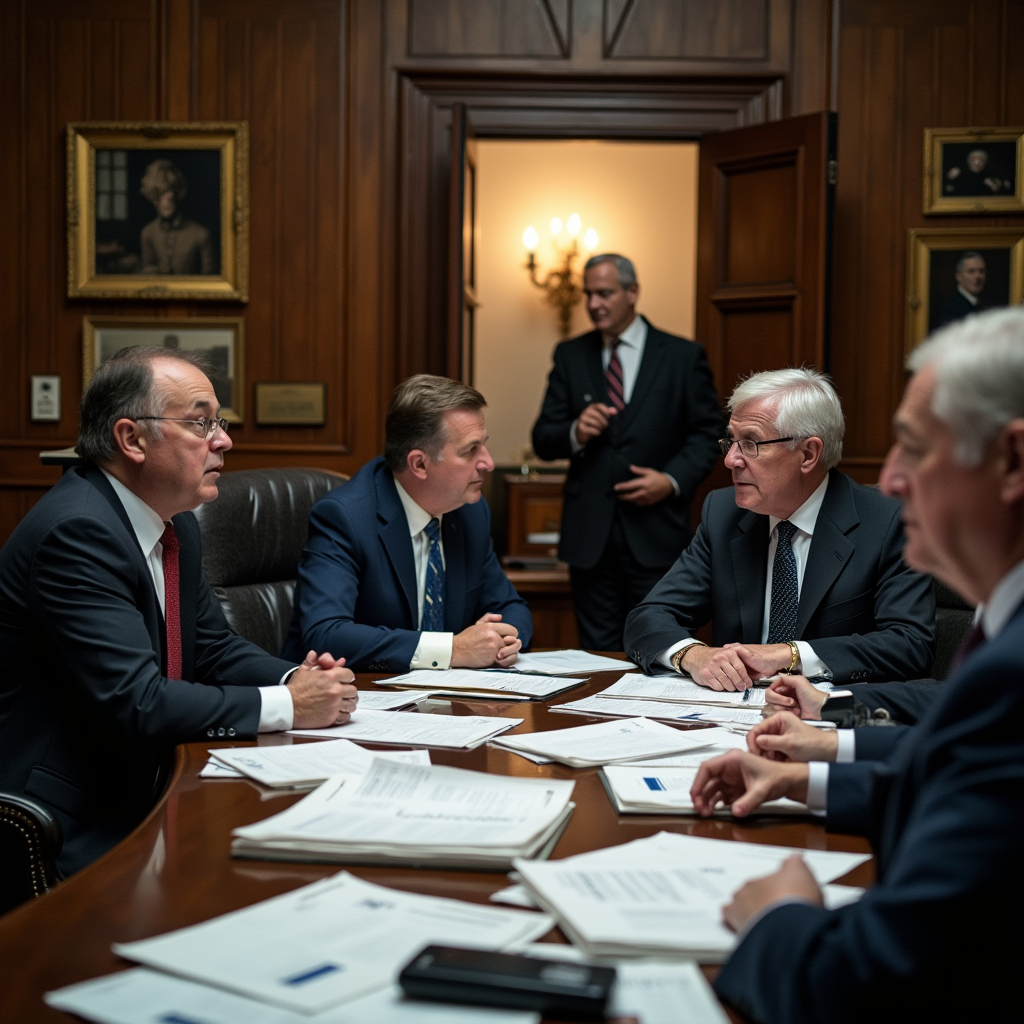
Most importantly, the Supreme Court referred to Justice Rohinton Nariman’s observations in the case of Mohd. Arif @ Ashfaq vs. Registrar, Supreme Court of India & Ors. (2014). In this case, the learned Justice regarded life at the top in the imaginary pyramidical structure, after which personal liberty, which includes all the judicially recognised bundle of rights, comes second.
From the above-mentioned court’s observation and reasoning given, the Supreme Court in the present case concluded that “the State is under a duty to affirmatively protect the rights of a person under Article 21, whenever there is a threat to personal liberty, even by a non-State actor” and “the importance of the right to personal liberty over and above all the other rights guaranteed under Articles 19 and 14 need hardly to be over-emphasized.”
Obligation of the State for a minister’s statements
The first question considered by the Supreme Court in this case was whether the statement of a minister, traceable to any affairs of the State or for protecting the Government, should be vicariously attributed to the government itself, especially by following the principle of collective responsibility.
Initially, the Court examined the role of a minister as contemplated by our constitutional scheme. The Court reviewed Part V and Part VI and Articles 74, 75, 75(3), 77, 77(3) and 78 which deal with various aspects of Central legislature. Similar provisions concerning State legislature are provided under Articles 163, 164, 164(2), 166, 166(3) and 167 respectively.
When the issue of “collective responsibility” arises, one would refer to Articles 75(3) and 164(2) which state that the council of ministers are collectively responsible towards Lok Sabha, in the case of the Union ministers, or State Legislative Assembly, in case of the State ministers. The Court in the present case contemplates that the said provisions are referring to the decisions and activities of the council of ministers, not every statement given by them.
Precedents referred
The Court examined several precedents set by the Supreme Court to understand the previously established interpretations of the concept of collective responsibility and state liability. The cases referred and the court’s observations are given below.
| Case referred | Relevant Court/Judge’s observations |
| A. Sanjeevi Naidu vs. State of Madras (1970) | while dealing with Article 166(3), the Court stated that “the cabinet is responsible to the Legislature for every action taken in any of the Ministries. That is the essence of joint responsibility.” |
| In the present case, the Supreme Court noted that the Court in the Sanjeevi Naidu case used the expression “joint responsibility”, not “collective responsibility”. | |
| State of Karnataka vs. Union of India (1977) | The Court, while interpreting Article 164(2), observed that the purpose of the concept of collective responsibility is to hold all individuals in ministerial positions vicariously accountable for the actions, decisions, and policies enacted by other ministers, even if those ministers are not personally liable. The Court further highlighted that this concept has a political purpose, origin and operation. The Court also stated that, by convention, the minister may be compelled to resign from office due to his wrongful acts and decisions; however, the only way to enforce the said collective responsibility is by way of withdrawal of political support by members of the Parliament or State Legislative Assembly, as the case may be, due to the pressure of the public opinion. |
| From the above court’s interpretations and observations, the Supreme Court, thus, concluded that “the only sanction for the enforcement of collective responsibility is the pressure of public opinion”. | |
| R.K. Jain vs. Union of India (1993) | The Court clearly explained the duties of the Council of Ministers. It was said that the council of ministers hold their respective ministerial office until they maintain the confidence of the majority in the Parliament or Legislative Assembly, as the case may be. They are also required to maintain secrecy and confidentiality. Furthermore, the Court emphasized that every minister, regardless of their personal views on government policies, is required to publicly support all policies and decisions made by the government to ensure effective governance. If any minister is unable to support the government policies, the only option he has is to resign from his office. Therefore, as long as the minister is holding his office, he must support the decisions of the cabinet. |
| Secretary, Jaipur Development Authority, Jaipur vs. Daulat Mal Jain (1997) | The Court held that, though all executive functions are performed in the name of the Governor and with the assistance of the bureaucrats, still every minister is answerable to the people by being personally as well as collectively responsible for the governmental policies and decisions. Furthermore, the minister in question will be liable for his actions and policies, given that he holds a public office in a democratic society. Therefore, their liability is joint and several. |
| Common Cause (A Registered Society) vs. Union of India (2018) | The Court held that the minister cannot escape his liability just because his activities are performed in the name of the President, who has immunity under Article 361. The minister in question contended that the President’s immunity would also apply to the orders issued in his name under Clause (1) or (2) of Article 77. |
Based on the interpretations by the Supreme Court in various instances, the Court made the following observations in the present case:

- The concept of collective responsibility as contemplated in the Constitution of India is primarily political.
- Such collective responsibility is attributed to the council of ministers, whether Union or the State, as the case may be. By this, it means that each minister is responsible for the actions and decisions togetherly taken by members of the council of ministers, not otherwise.
- The responsibility of the council of ministers is towards the legislatures, i.e., the Lok Sabha in the Parliament for the Union, or the State Legislative Assembly for the State.
- Such responsibility would, generally, arise due to two things- decisions taken by a minister and acts or omissions.
- Finally, the Court concluded that “it is not possible to extend this concept of collective responsibility to any and every statement orally made by a Minister outside the House of the People/Legislative Assembly.”
Regarding the prayer for the formulation of a code of conduct for ministers, the Court observed that it would not be compatible to implement such a code in courts. However, there is already an existing mechanism, that is, disciplinary proceedings, to make ministers, or for that matter any government servant, accountable for their misconduct or violation of service rules. In addition to this, the Court held that “even in the case of Government servants, it may not be possible to justify a dismissal/removal from service based on a statement uttered by a Government servant, as it may not pass the proportionality test, viz-a-viz the gravity of the misconduct.”
Moreover, the Court also noted that while the Prime Minister or Chief Minister is considered the head of the council of ministers, it is practically impossible for them to exercise disciplinary control over ministers, particularly in a coalition government.
From the court mentioned above’s observation and reasoning given, the Supreme Court in the present case concluded that “a statement made by a Minister even if traceable to any affairs of the State or for protecting the Government, cannot be attributed vicariously to the Government by invoking the principle of collective responsibility.“
The Supreme Court also clarified that the interpretations and observations in the present case pertain solely to collective responsibility, not the concept of hate speech. The Court is not endorsing or encouraging ministers to make irresponsible statements or engage in hate speech, and then seek refuge under the inapplicability of the concept of collective responsibility.
Whether a minister’s statements amount to a constitutional tort
The question no.5 in this case considered by the Supreme Court is whether a statement made by a minister, which is inconsistent with the rights granted to the citizen under Part III of the Constitution, i.e., the fundamental rights, constitutes a violation of such fundamental rights and is actionable as ‘constitutional tort’.
The Court noted that the above-given question just said “a statement made by a minister”. Whether a statement amounts to constitutional tort or not depends upon when, where and how such statement is made, which is not mentioned in the question.
Furthermore, the Court stated that mere utterances of a minister cannot form the basis of a constitutional tort action even though it lacks constitutional morality. Also, the Court noted that “needless to say no one can either be taxed or penalised for holding an opinion which is not aligned with the constitutional values”. In conclusion, the Court ruled that a minister’s statements, in and of themselves, do not constitute a constitutional tort. However, if such statements result in harm or injury, a constitutional tort action may be maintainable, before which the Court went through the definition of tort as given by Halsbury’s Law of England. It explained tort as “Those civil rights of action which are available for the recovery of unliquidated damages by persons who have sustained injury or loss from acts, statements or omissions of others in breach of duty or contravention of right imposed or conferred by law rather than by agreement are rights of action in tort.”
Precedents referred
The Supreme Court had a detailed perusal of Paragraph 66 of the First Report of the Law Commission on the topic “Liability of the State in Tort” for a better understanding of the concept of constitutional tort. In 1967, based on this report, the Government (Liability in Torts) Bill was introduced in the legislature. However, it did not become an Act. As a result, the responsibility of developing the law fell on the courts in India, which had to rely on judicial precedents. Some of the judicial precedents and important observations by the Supreme Court are given below.
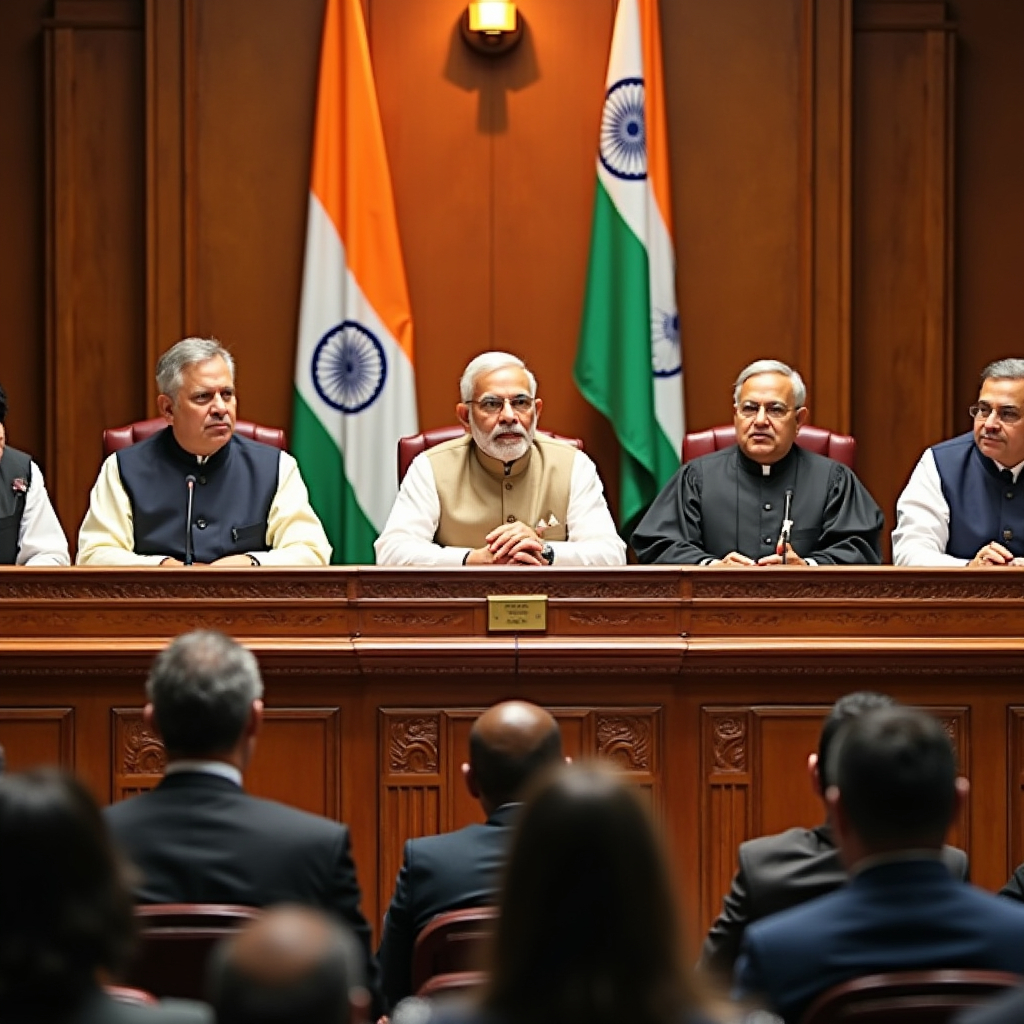
| Case referred | Relevant Court/Judge’s observations |
| State of Bihar vs. Abdul Majid (1954) | In this case, a government servant filed a case against the State for recovery of arrears of salaries. The Supreme Court rejected the State’s plea of the doctrine of pleasure and held that this doctrine is inapplicable in India. |
| State of Rajasthan vs. Mst. Vidhyawati (1962) | In this case, the widow, who was grievously injured by a government vehicle, filed a claim for damages against the State. The State defended itself by invoking the principle of sovereign immunity, which traditionally protects a state from being sued without its consent. The Court held that, since the rule of sovereign immunity was made inapplicable in the United Kingdom, the place where the rule originated, there is no legal warrant to continue following this rule in India, especially when this country adopted our constitution. |
| Kasturi Lal Ralia Ram Jain vs. The State of Uttar Pradesh (1964) | Kasturi Lal’s gold jewellery was seized by the police upon his arrest. However, it was misappropriated by the Head Constable, who then to Pakistan. Kasturi Lal sued the State for the recovery of the value of the gold jewellery and the State claimed no liability. The Court held that, if a government servant commits a tortious act that was not delegated or assigned by the State, then the victim has the right to sue for damages. |
| Rudul Sah vs. State of Bihar (1983) | In this case, the Supreme Court ordered the State to pay monetary compensation to a prisoner who spent 14 years of imprisonment even after being acquitted of the offences he was charged with. |
| Similarly, in the cases of Sebastian M. Hongray vs. Union of India, (1984), Bhim Singh, MLA vs. State of J&K. (1985), Peoples’ Union for Democratic Rights vs. State of Bihar & Ors. (1987), Saheli, a Women’s Resources Centre through Ms. Nalini Bhanot & Ors. vs. Commissioner of Police, Delhi Police Headquarters & Ors. (1990), Supreme Court Legal Aid Committee through its Hony. Secretary vs. State of Bihar & Ors. (1991), Nilabati Behera (Smt.) alias Lalita Behera (Through the Supreme Court Legal Aid Committee) vs. State of Orissa & Ors. (1993), Arvinder Singh Bagga vs. State of U.P. & Ors. (1994), N. Nagendra Rao & Co. vs. State of A.P. (1994), Inder Singh vs. State of Punjab & Ors. (1995), Paschim Banga Khet Mazdoor Samity & Ors. vs. State of W.B. & Anr. (1996), D.K. Basu vs. State of W.B. (1997), People’s Union for Civil Liberties vs. Union of India & Anr. (1997) and Municipal Corporation of Delhi, Delhi vs. Uphaar Tragedy Victims Association & Ors. (2011), the Supreme awarded compensation or damages to the aggrieved party who was injured due to the tortious or wrongful acts of the State or its servants. | |
From the above-mentioned court’s observation and reasoning given, the Supreme Court in the present case concluded that “A mere statement made by a Minister, inconsistent with the rights of a citizen under Part III of the Constitution, may not constitute a violation of the constitutional rights and become actionable as Constitutional tort. But if as a consequence of such a statement, any act of omission or commission is done by the officers resulting in harm or loss to a person/citizen, then the same may be actionable as a constitutional tort.”
Justice B.V. Nagarathna’s separate opinion in the case of Kaushal Kishor vs. State of Uttar Pradesh & Ors. (2023)
Justice B.V. Nagarathna, one of the judges in the case of Kaushal Kishor vs. State of Uttar Pradesh & Ors. (2023), though agreed with the reasoning and conclusions to a few questions by the majority, gave a separate opinion on the given questions to give a distinct opinion and reasoning on other questions. The conclusions to each question by Justice B.V. Nagarathna are provided below.
| Questions addressed by the Supreme Court | Supreme Court’s holding | Conclusions by Justice B.V. Nagarathna |
| Whether the Court can impose restrictions on the right to freedom of speech and expression beyond the existing reasonable restrictions provided under Article 19(2) of the Constitution of India by invoking any other fundamental rights. | “The grounds lined up in Article 19(2) for restricting the right to free speech are exhaustive. Under the guise of invoking other fundamental rights or under the guise of two fundamental rights staking a competing claim against each other, additional restrictions not found in Article 19(2), cannot be imposed on the exercise of the right conferred by Article 19(1)(a) upon any individual.” | The answer given by the majority to question no.1 is completely agreed and there is no separate conclusion on the same. |
| Can a fundamental right under Article 19, i.e., the freedom of speech and expression, or Article 21, i.e., the right to life and personal liberty, be enforced against anyone other than the ‘State’ or its instrumentalities? | “A fundamental right under Article 19/21 can be enforced even against persons other than the State or its instrumentalities.” | There can be no horizontal approach in the case of the rights under Articles 19 and 21, except those which were statutorily conferred. Thus, these fundamental rights cannot be enforced against non-state actors by way of writ petition because the matter involves questions of fact. However, common law remedies are available to the aggrieved party. |
| Whether the State is under a duty to affirmatively protect the rights of the citizens under Article 21 of the constitution even if it is against a threat to the liberty of the citizen by the acts or omissions of another citizen or private agency. | “The State is under a duty to affirmatively protect the rights of a person under Article 21, whenever there is a threat to personal liberty, even by a non-State actor” and “the importance of the right to personal liberty over and above all the other rights guaranteed under Articles 19 and 14 need hardly to be over-emphasized.” | The State primarily has a negative duty, along with an affirmative duty, not to violate the right to life and personal liberty as per Article 21. If such a right is violated, it is said that the State failed to carry out its duties. |
| Whether the statement of a minister, traceable to any affairs of the State, should be attributed vicariously to the government itself, especially by following the principle of collective responsibility. | “A statement made by a Minister even if traceable to any affairs of the State or for protecting the Government, cannot be attributed vicariously to the Government by invoking the principle of collective responsibility.“ | The minister’s statements, if consistent with the government’s views and attributed to any affairs of the State, would make the State vicariously liable following the principle of collective responsibility and appropriate remedies must be granted to the aggrieved party. If the statement is inconsistent with the government’s views or is not endorsed by the government, then only the minister will be made liable personally. |
| Whether a statement made by a minister, which is inconsistent with the rights granted to the citizen under Part III of the Constitution, i.e., the fundamental rights, constitutes a violation of such fundamental rights and is actionable as ‘constitutional tort’. | “A mere statement made by a Minister, inconsistent with the rights of a citizen under Part III of the Constitution, may not constitute a violation of the constitutional rights and become actionable as Constitutional tort. But if as a consequence of such a statement, any act of omission or commission is done by the officers resulting in harm or loss to a person/citizen, then the same may be actionable as a constitutional tort.” | Not all statements made by public servants that resulted in the injury of another person would amount to constitutional tort. It depends upon the government’s views and whether it endorses such statements. Furthermore, it is felt necessary to have legislation on this matter to remove vagueness and to clearly define constitutional tort mention remedies and lay down a redressal mechanism for the same. |
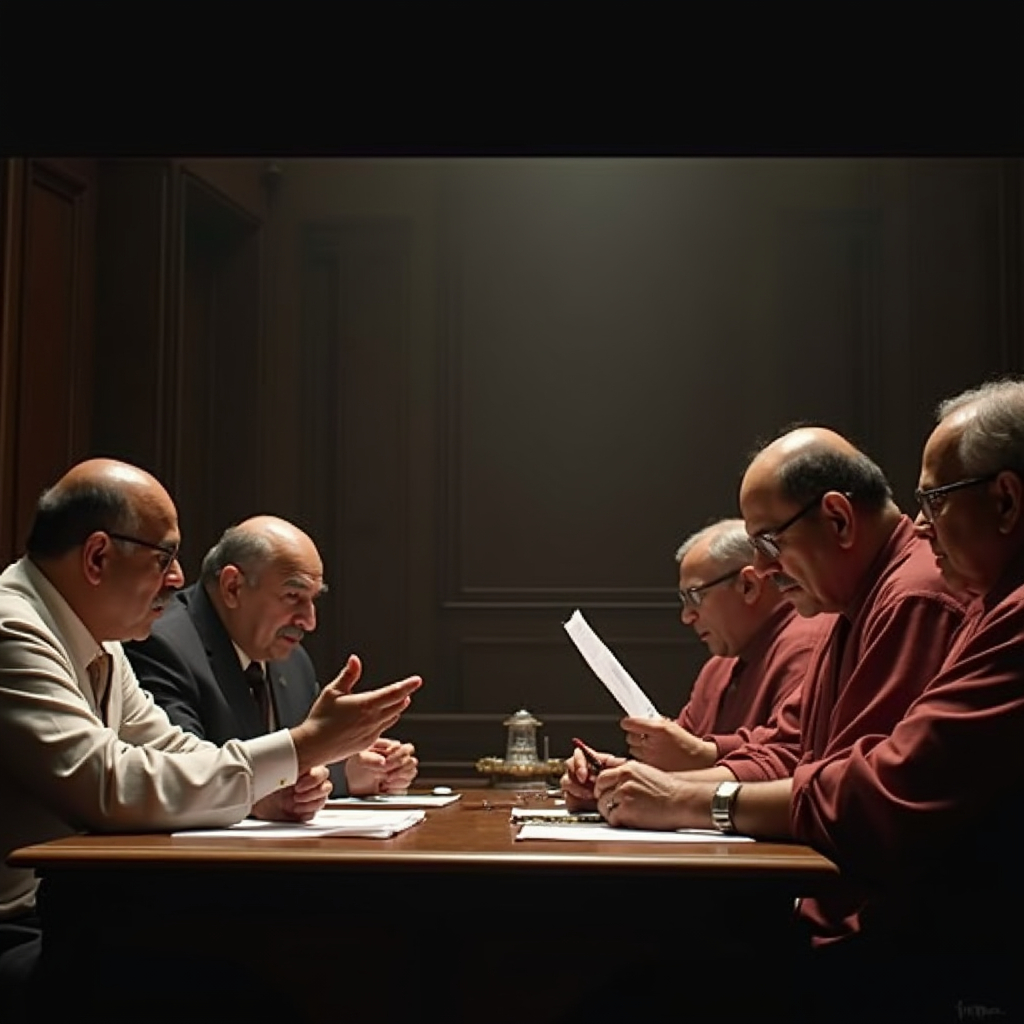
Conclusion
Our constitution has ensured that every citizen is entitled to their basic rights and freedoms in the form of fundamental rights and has also laid down certain restrictions on the freedom of the citizens to ensure that the rights of fellow people are not violated and, thus, balance is maintained. Similarly, the freedom of speech and expression under Article 19(1)(a) is also subjected to restrictions by Article 19(2). Making efforts to strengthen these restrictions by other fundamental rights like Article 21 is slowly chipping away at the right to free speech that is guaranteed to all citizens. In a constitutional democracy like India, a judge’s role is to defend the rights of the citizens and strike a balance between the conflicted rights. The Courts in India are not authorized to add more restrictions on civil liberties, it is the job of the legislature. Today, if the Court allows restrictions on free speech based on dignity due to its inconsistency with Article 21, tomorrow there could be other reasons that judges might consider to limit the citizens’ freedom. Therefore, in the present case, the Supreme Court, held that the restrictions under Article 19(2) are comprehensive enough to cover a speech or statement made towards a rape victim.
Besides this, the Supreme Court also answered many crucial questions. The Court held that the obligation to protect and preserve one’s fundamental rights is cast upon the State and can be enforced against State as well as non-state actors. The Court also ruled that the State cannot be made liable for every utterance made by a minister; however, if such speech causes harm or injury, then it may be considered a constitutional tort and an action against the State would lie.
References
- https://thewire.in/law/supreme-court-free-speech-azam-khan-neutrality
- https://indiankanoon.org/doc/1489350/
- https://www.scconline.com/blog/post/2024/01/26/75-landmark-constitutional-law-judgments-2023-supreme-court-india-part-ii/
- https://www.livelaw.in/top-stories/supreme-court-constitutional-values-opinion-tort-kaushal-kishore-vs-state-of-uttar-pradesh-2023-livelaw-sc-4-218000
- https://www.scconline.com/blog/post/2023/01/03/verdict-freedom-of-speech-of-public-functionaries-right-to-life-personal-liberty-of-citizens-impedes-same-legal-news-legal-reasearch-updates/
- “Constitutional Law of India” authored by Dr.J.N.Pandey.
- “Constitution of India” authored by V.N.Shukla.
 Serato DJ Crack 2025Serato DJ PRO Crack
Serato DJ Crack 2025Serato DJ PRO Crack


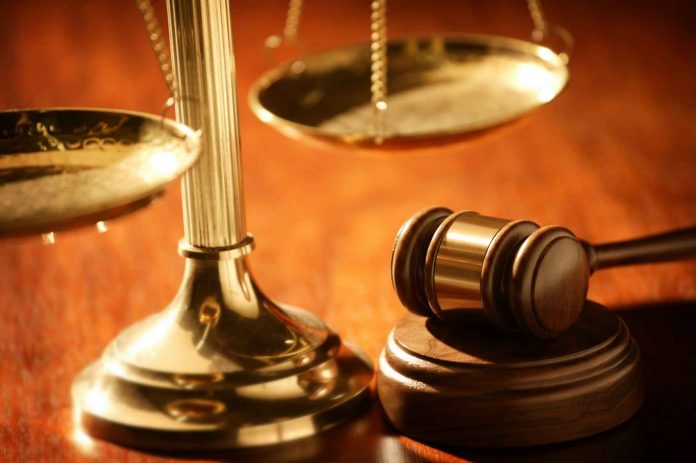







 Allow notifications
Allow notifications


